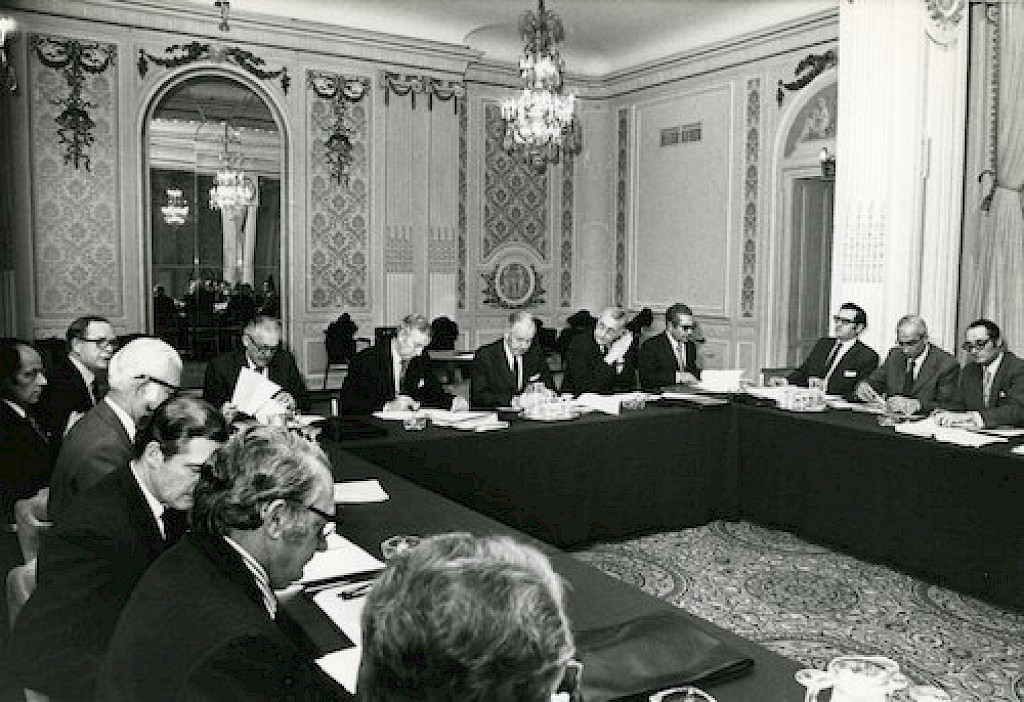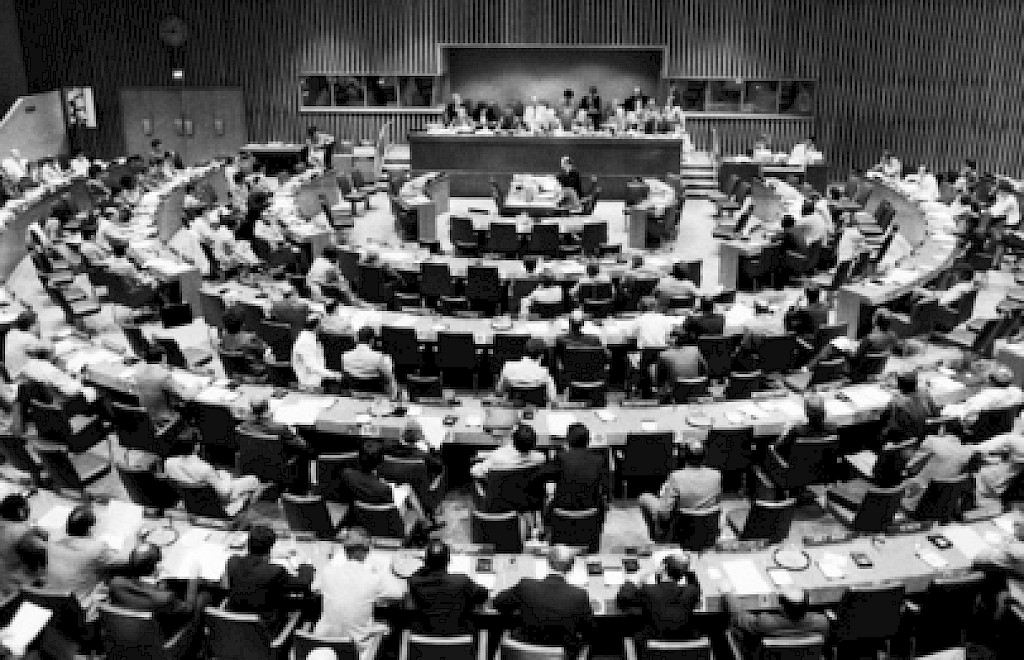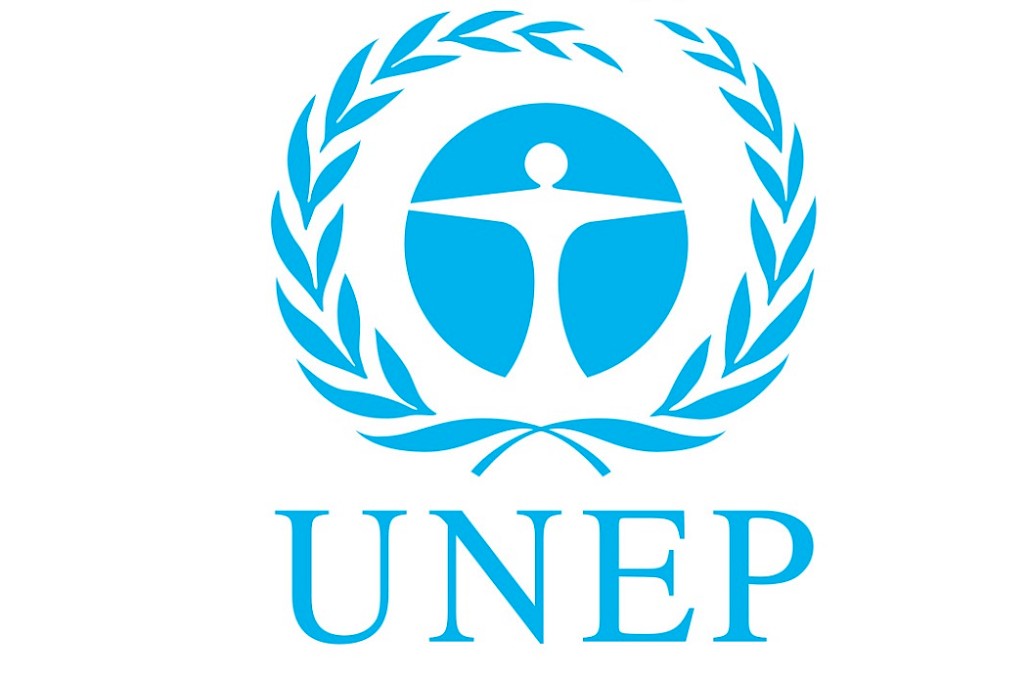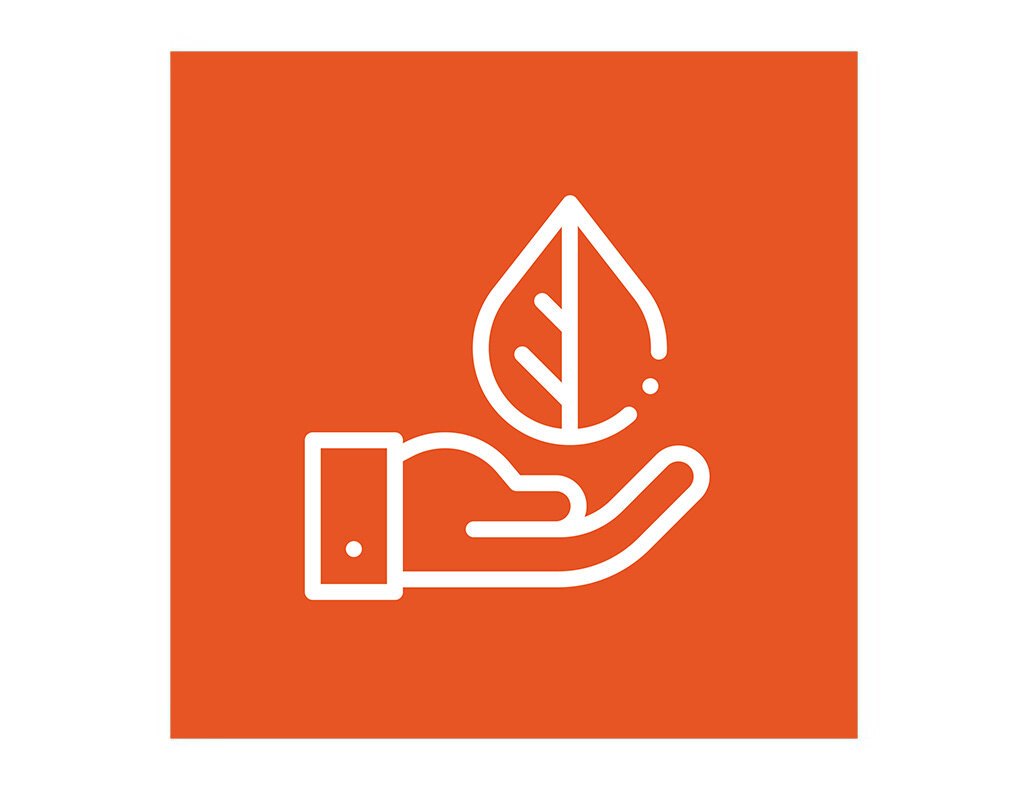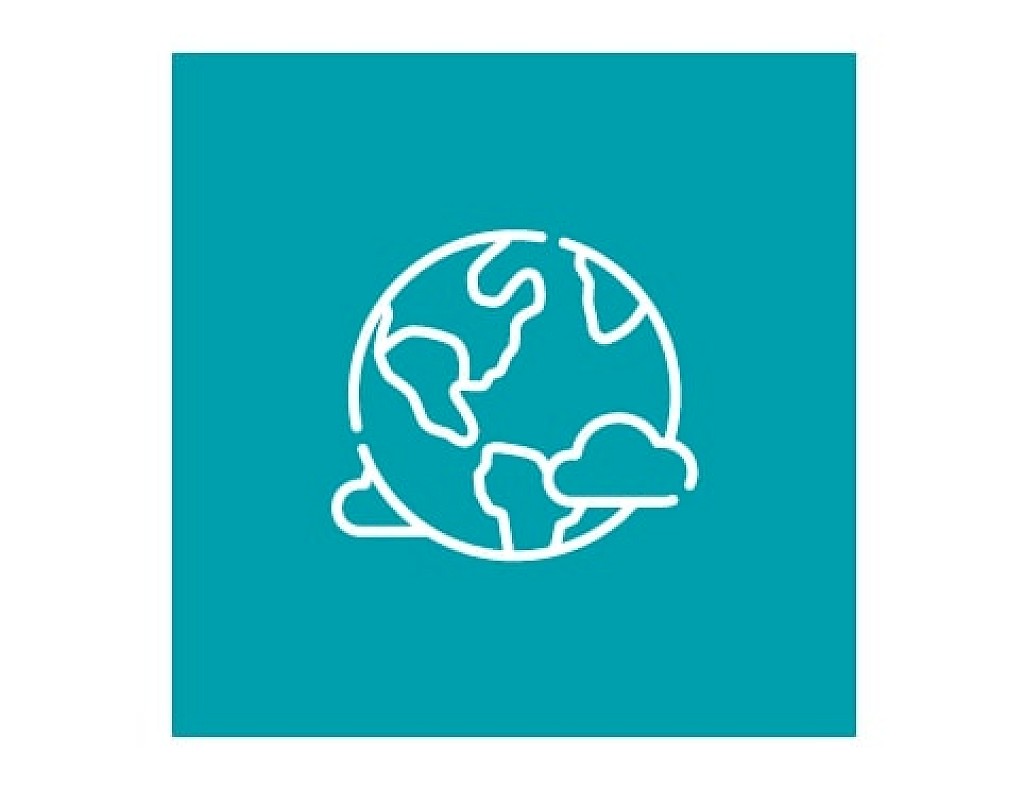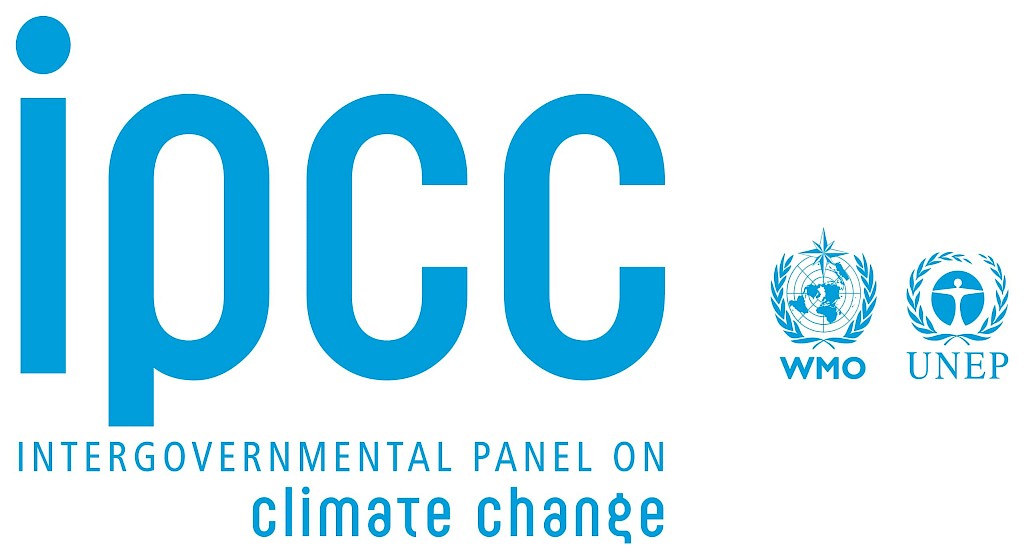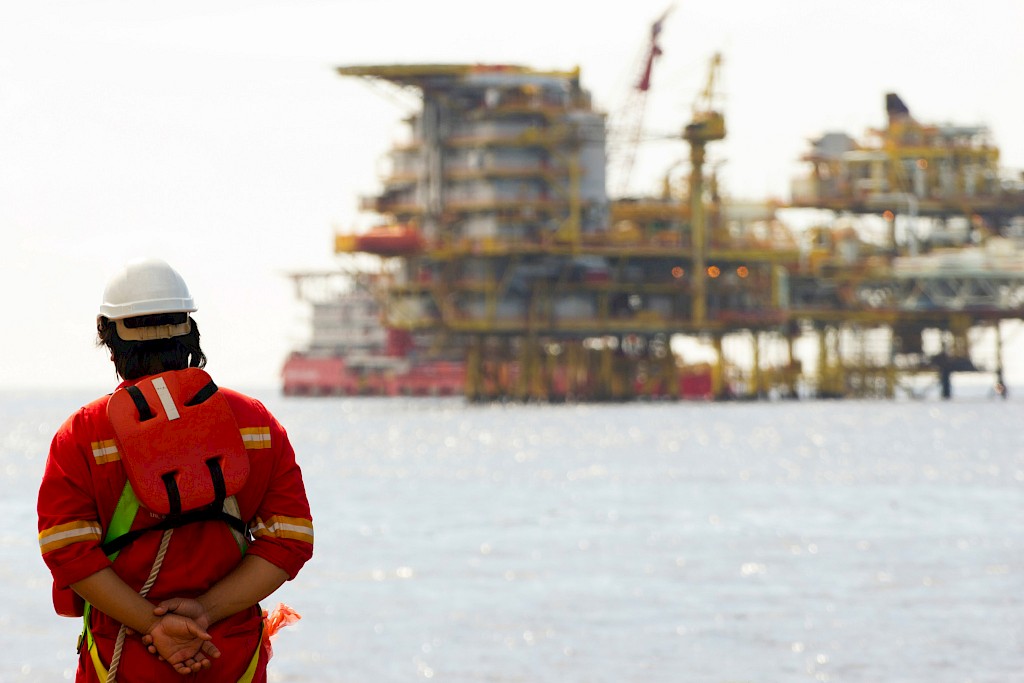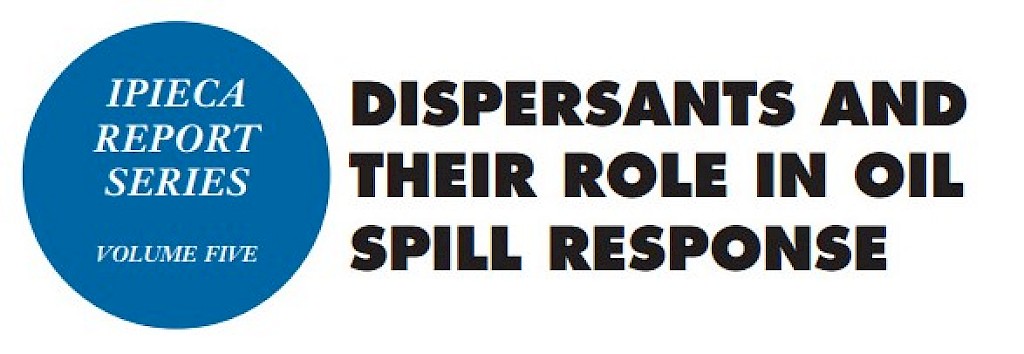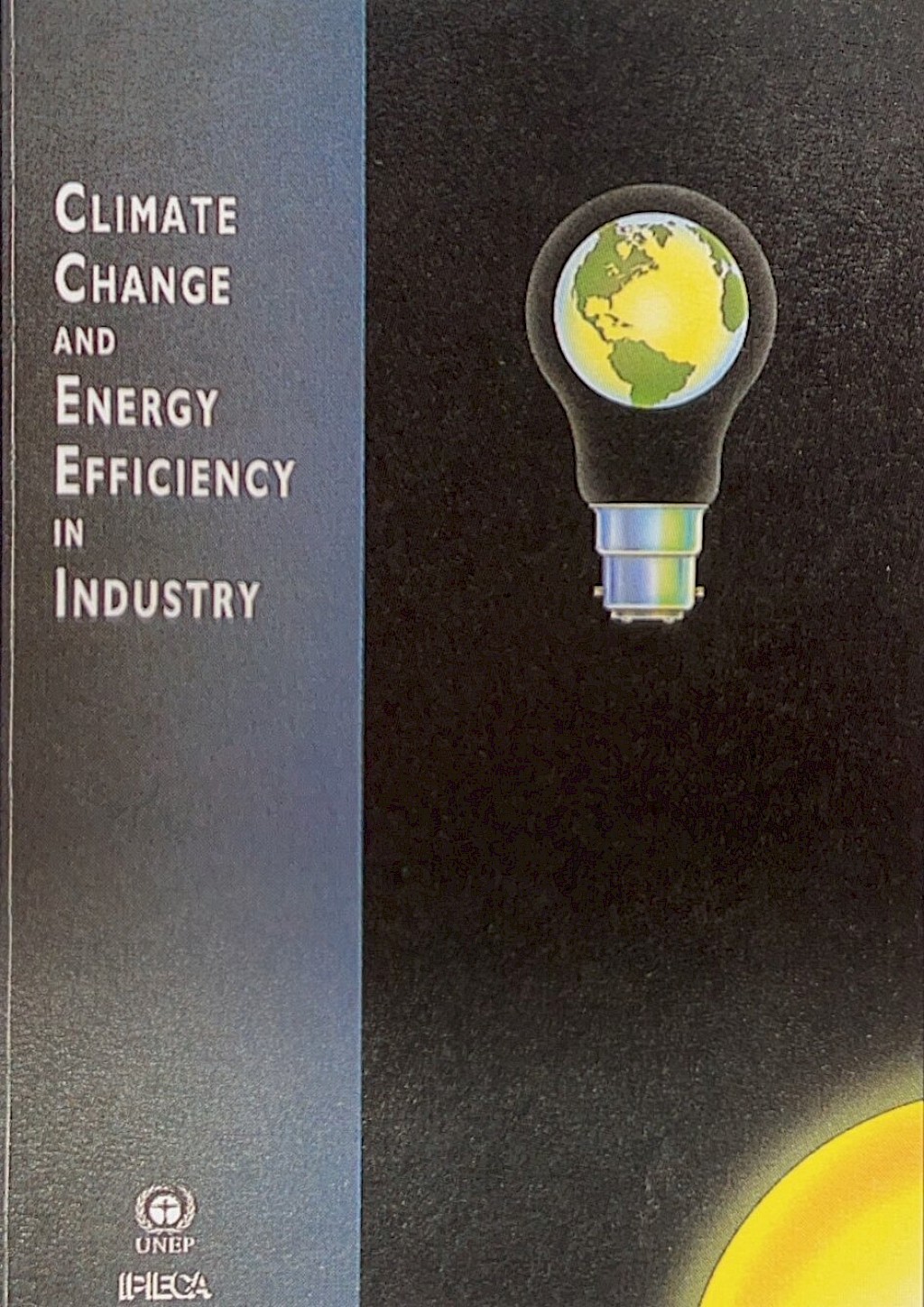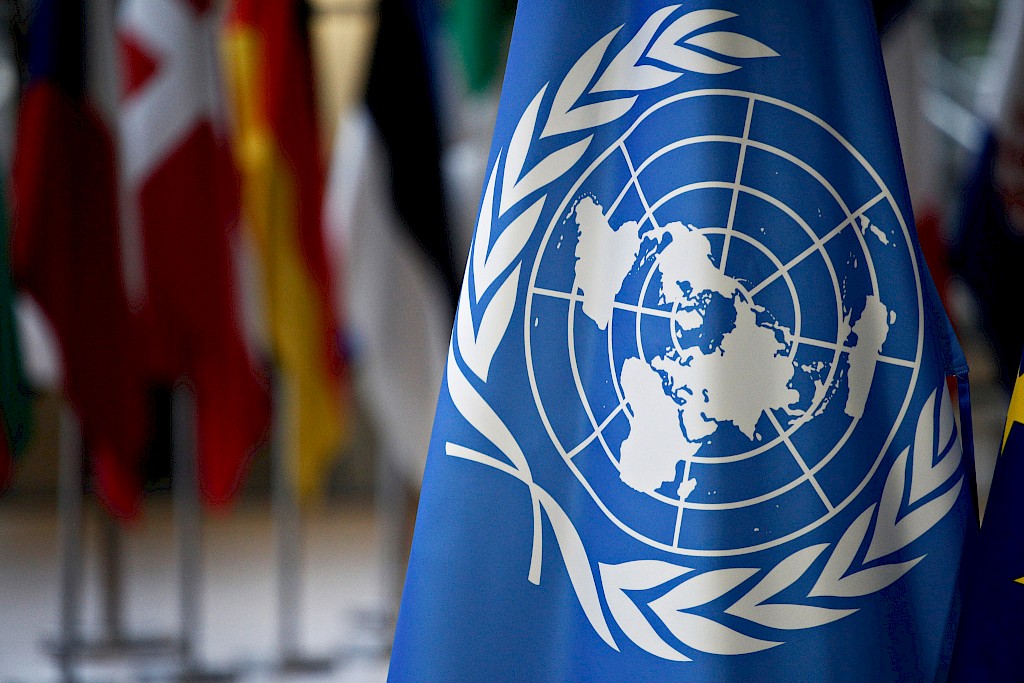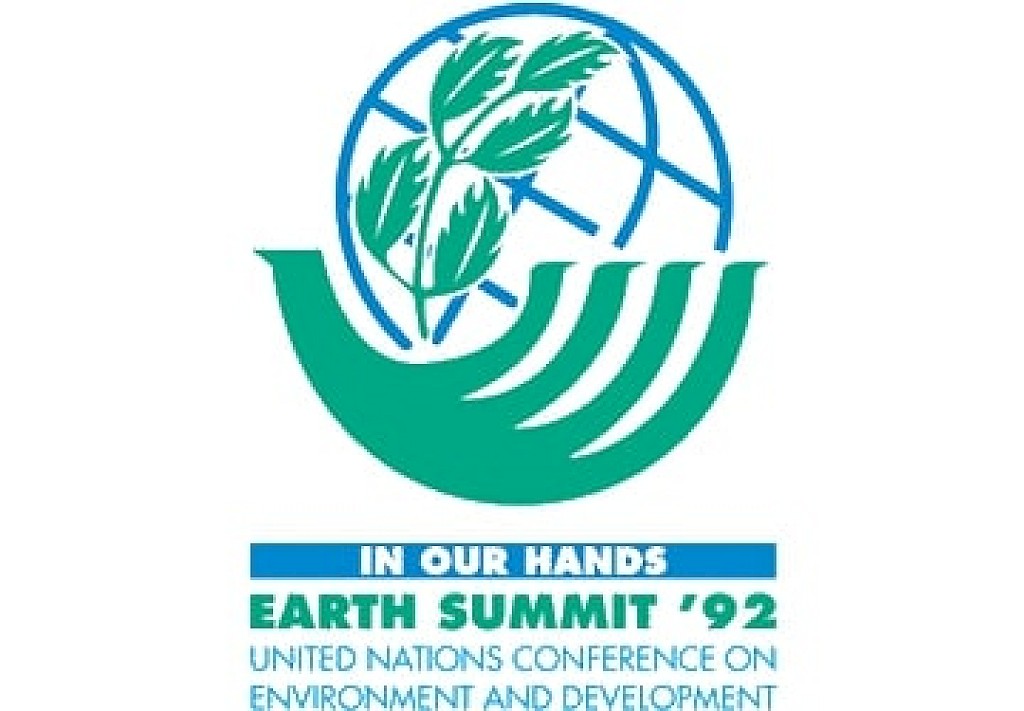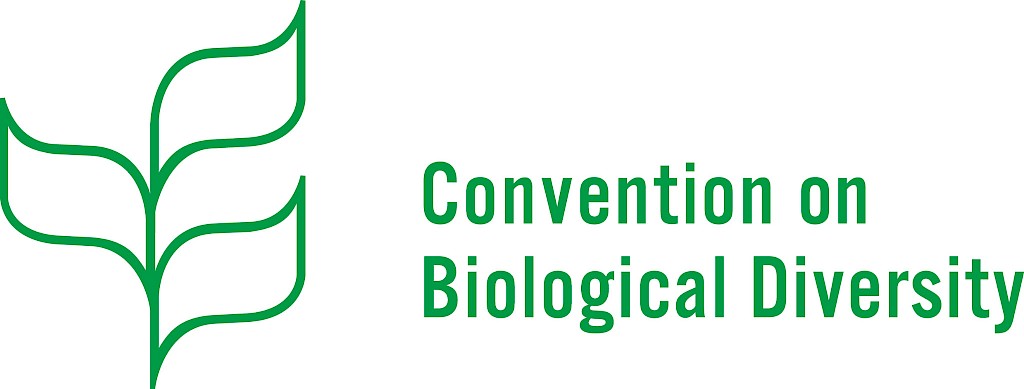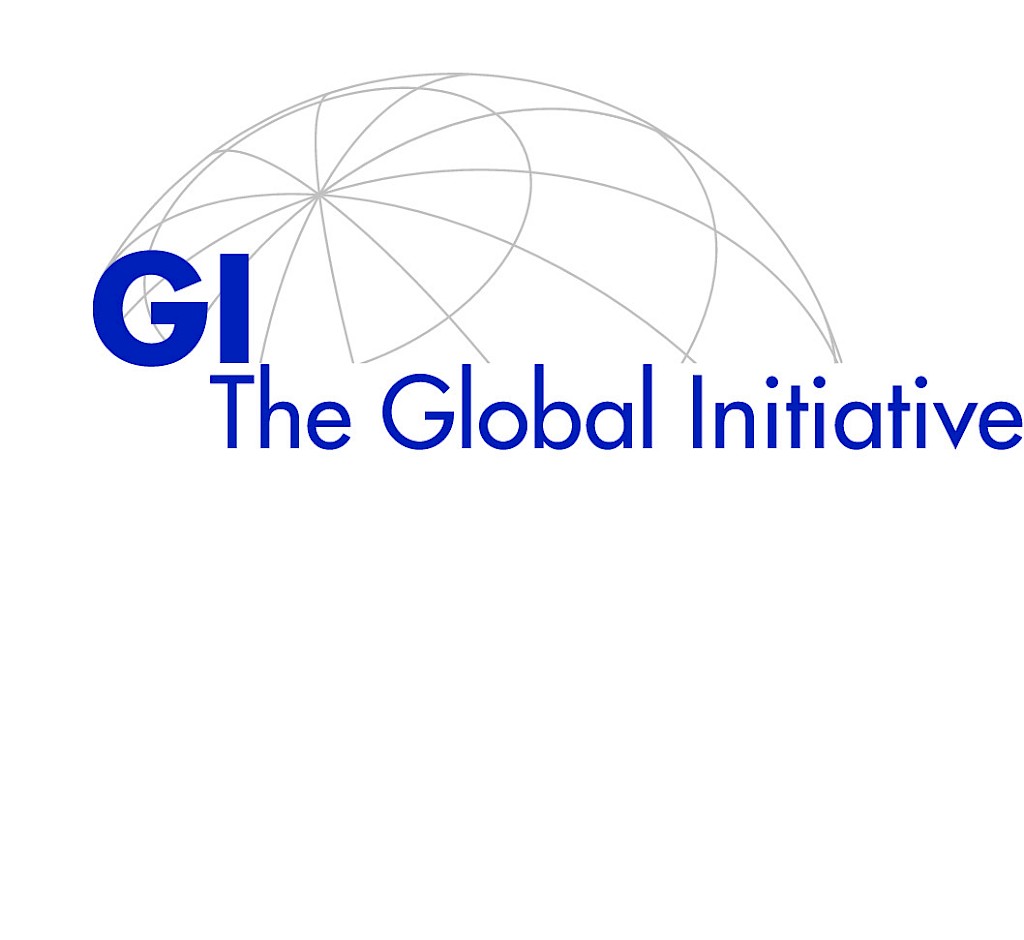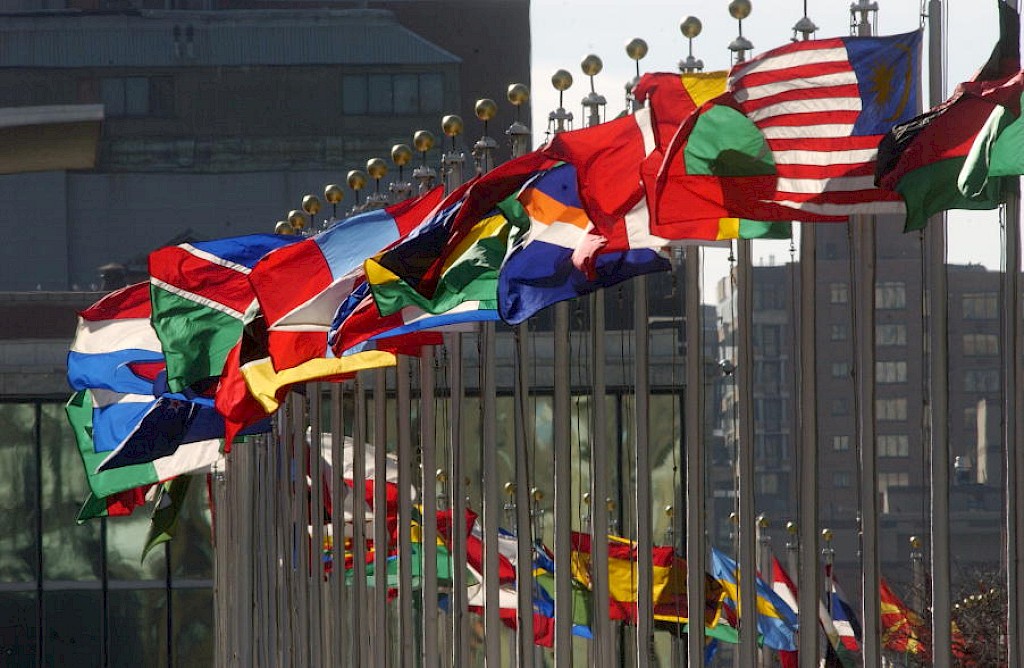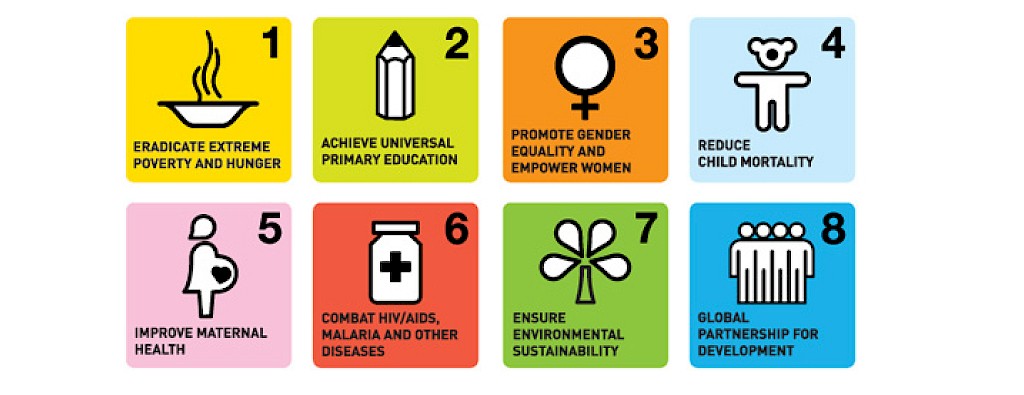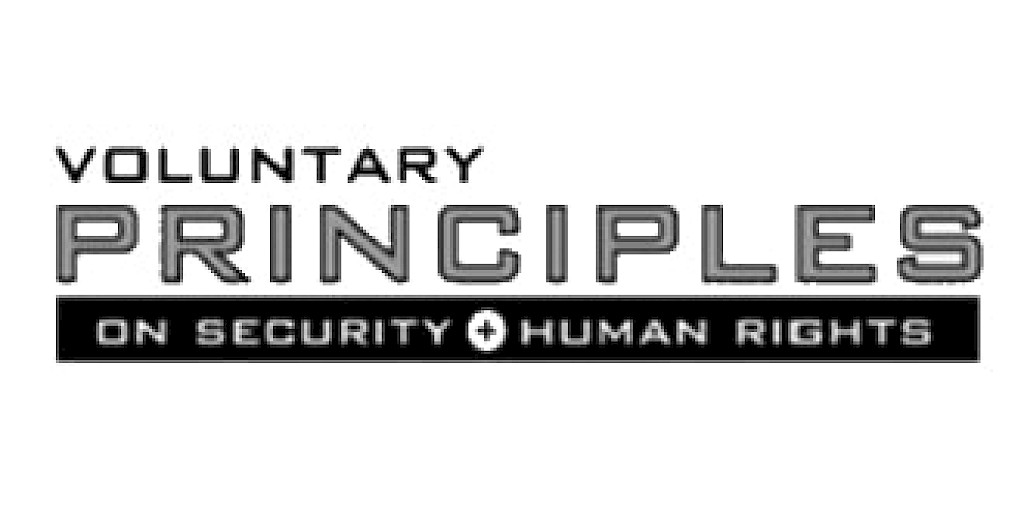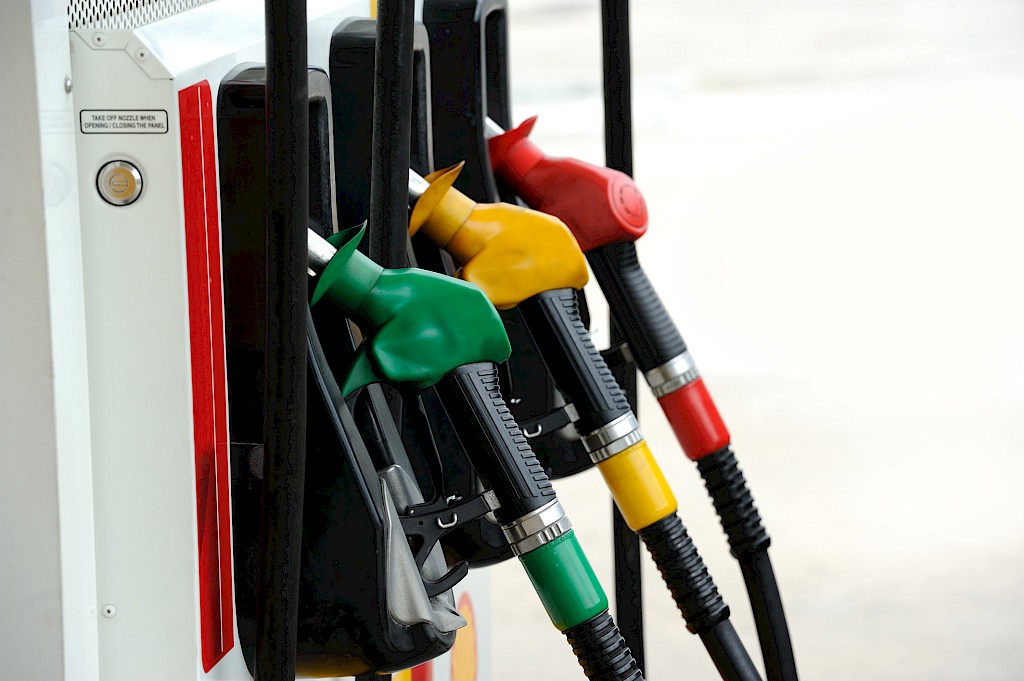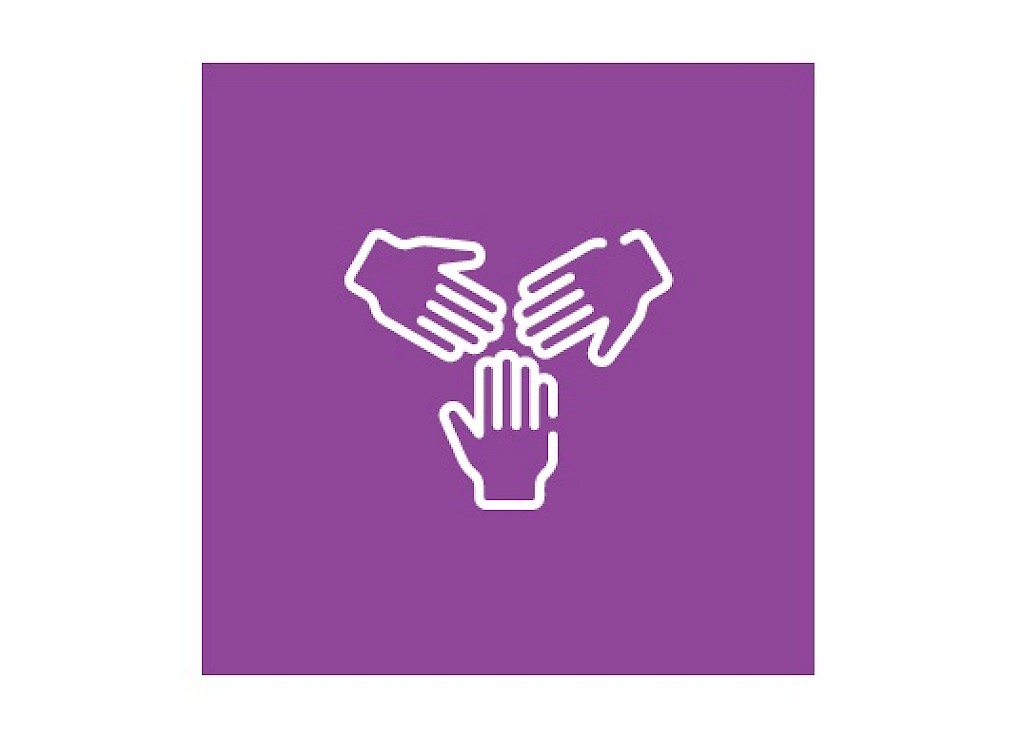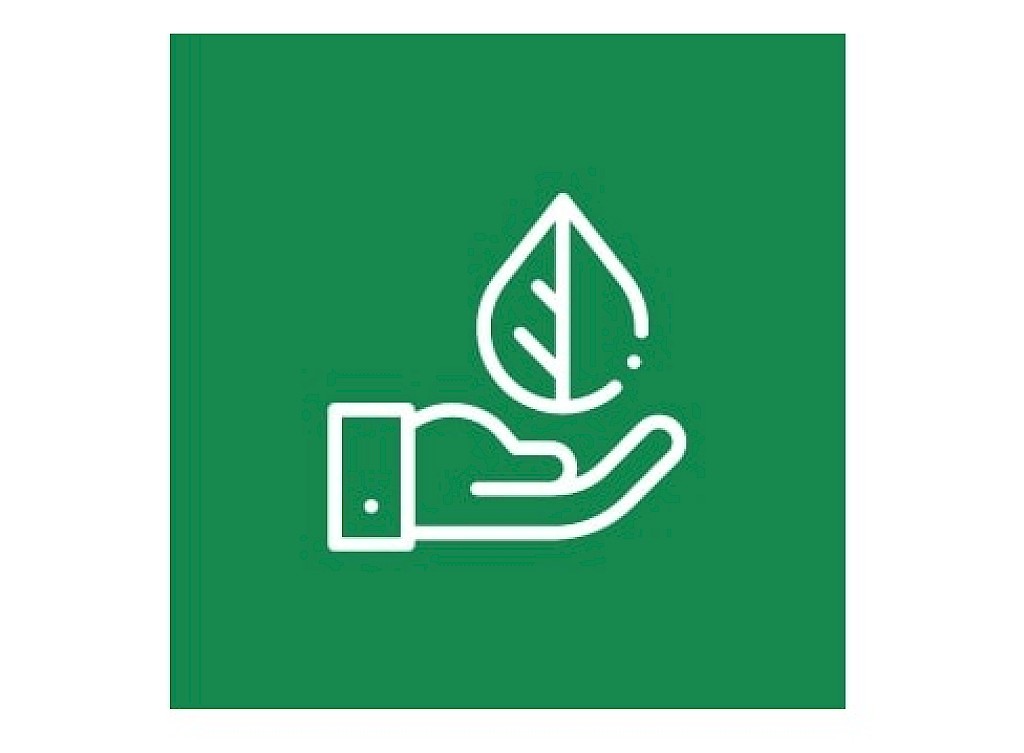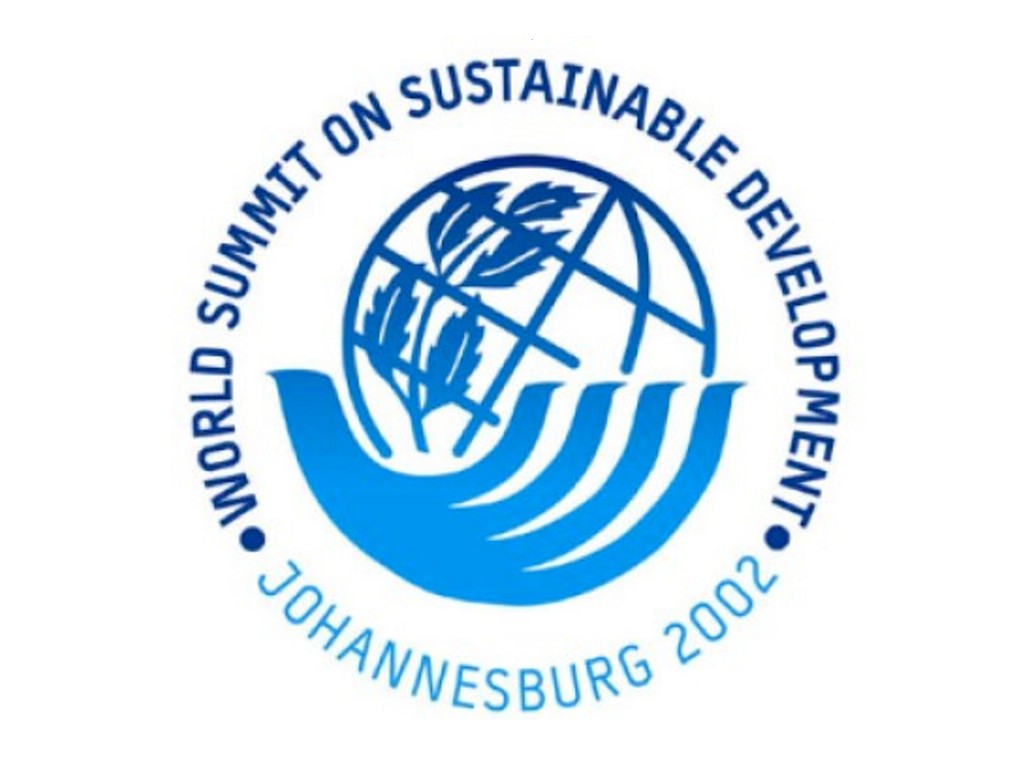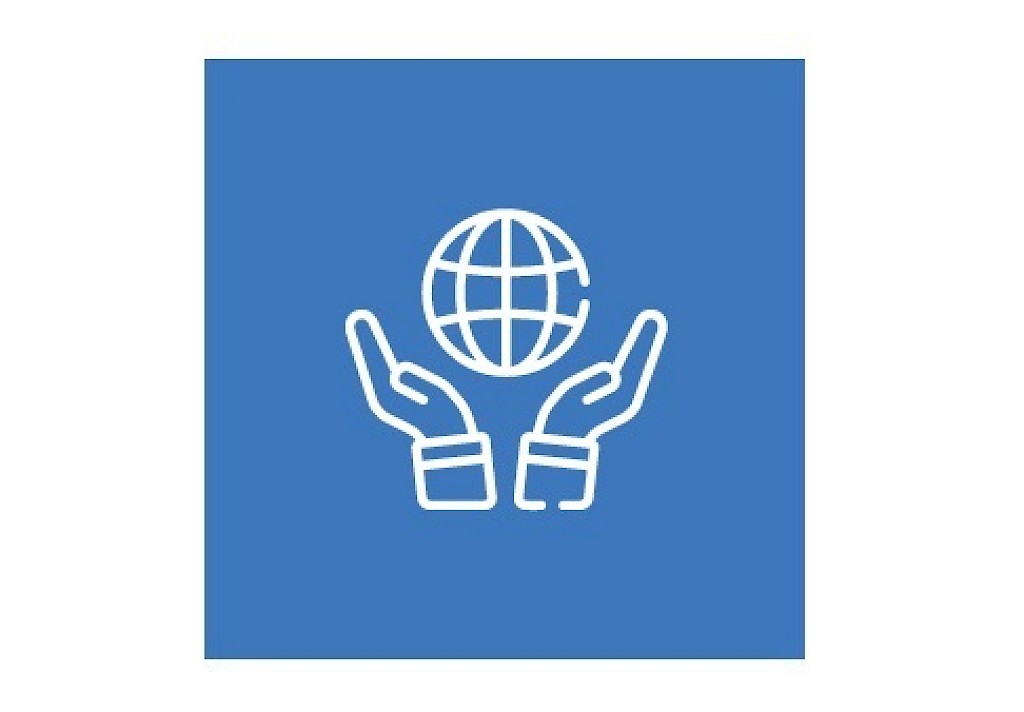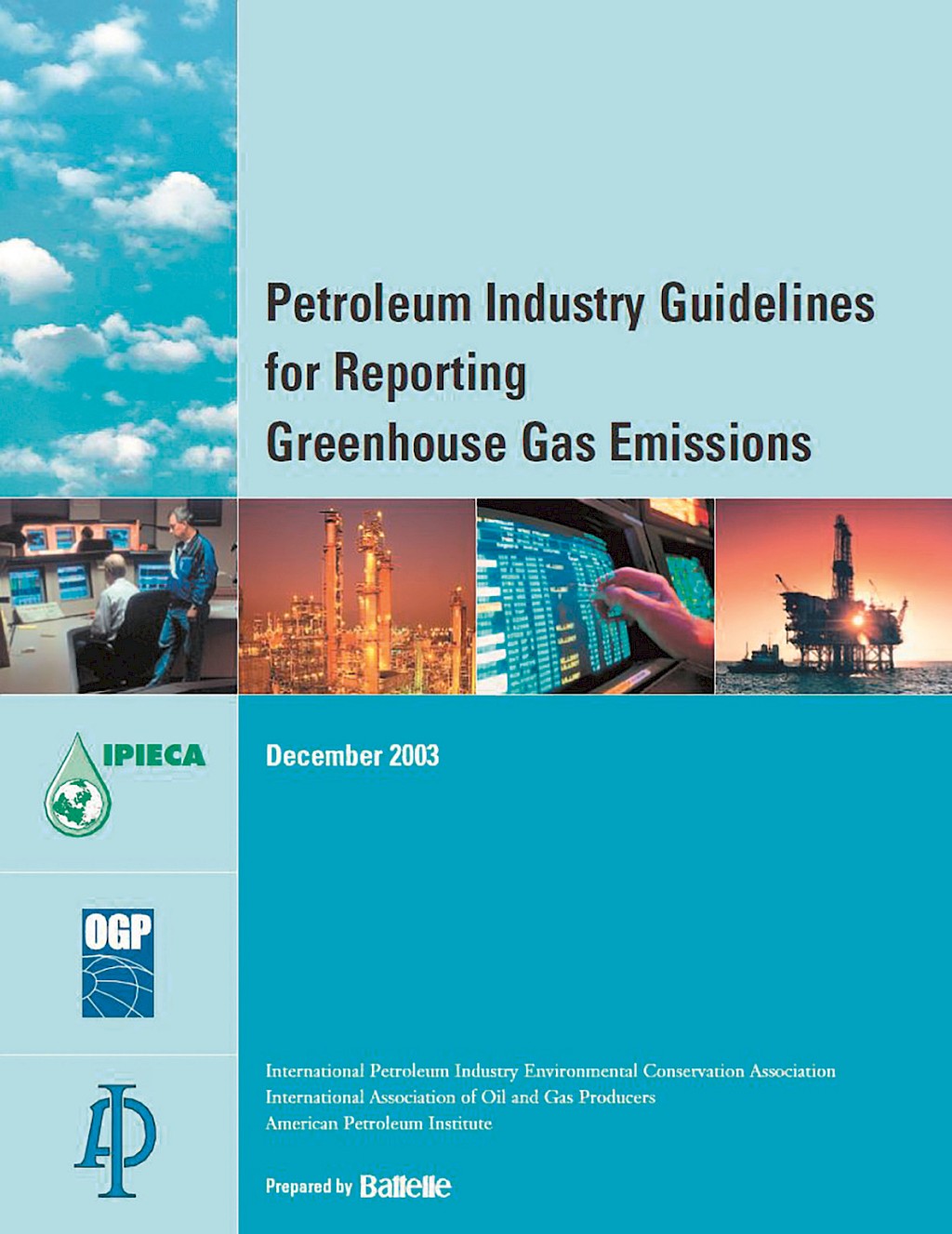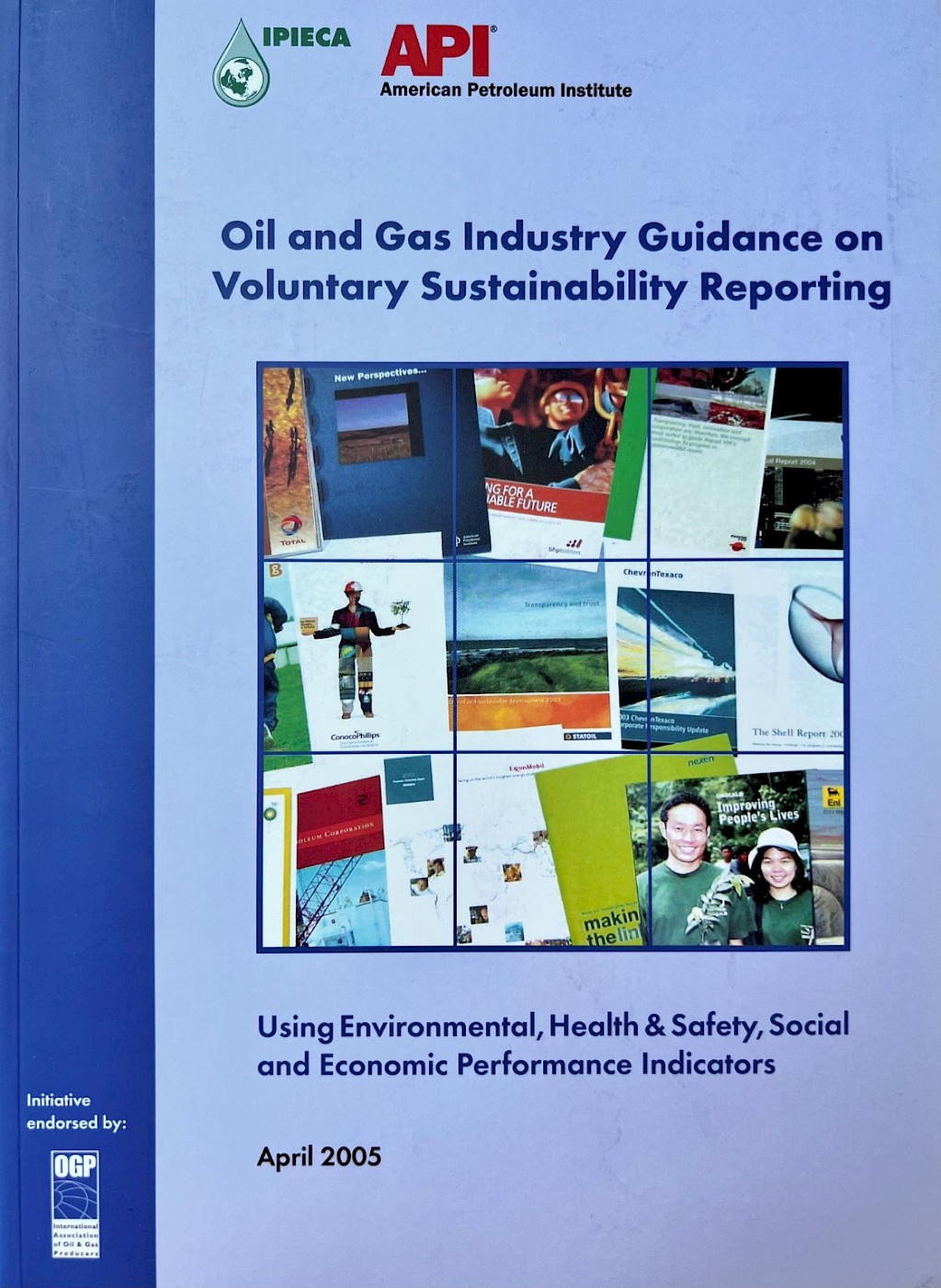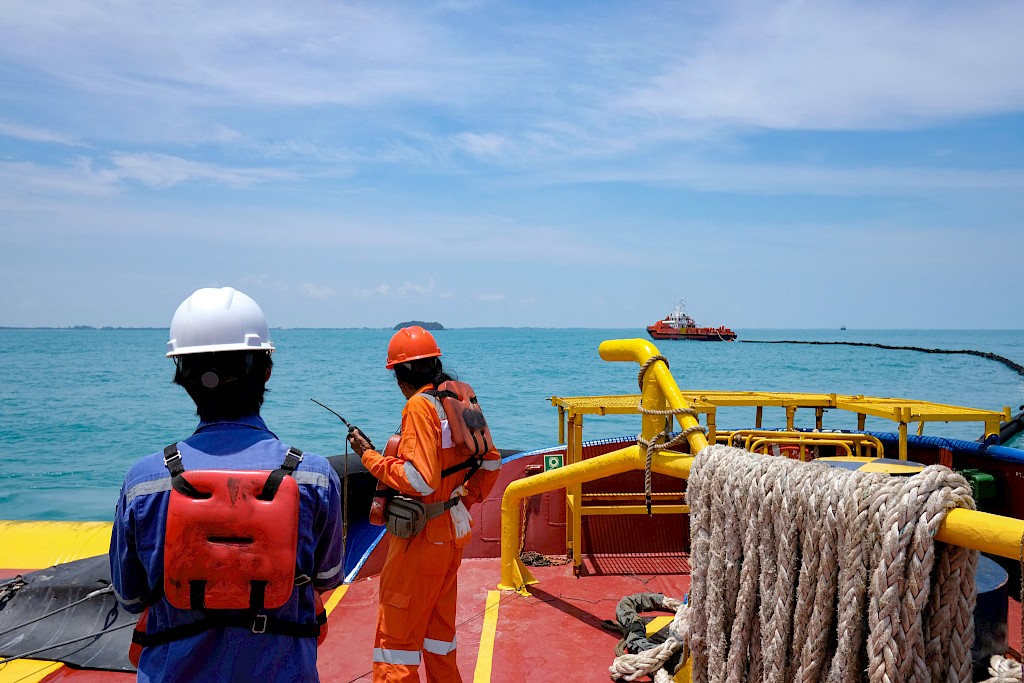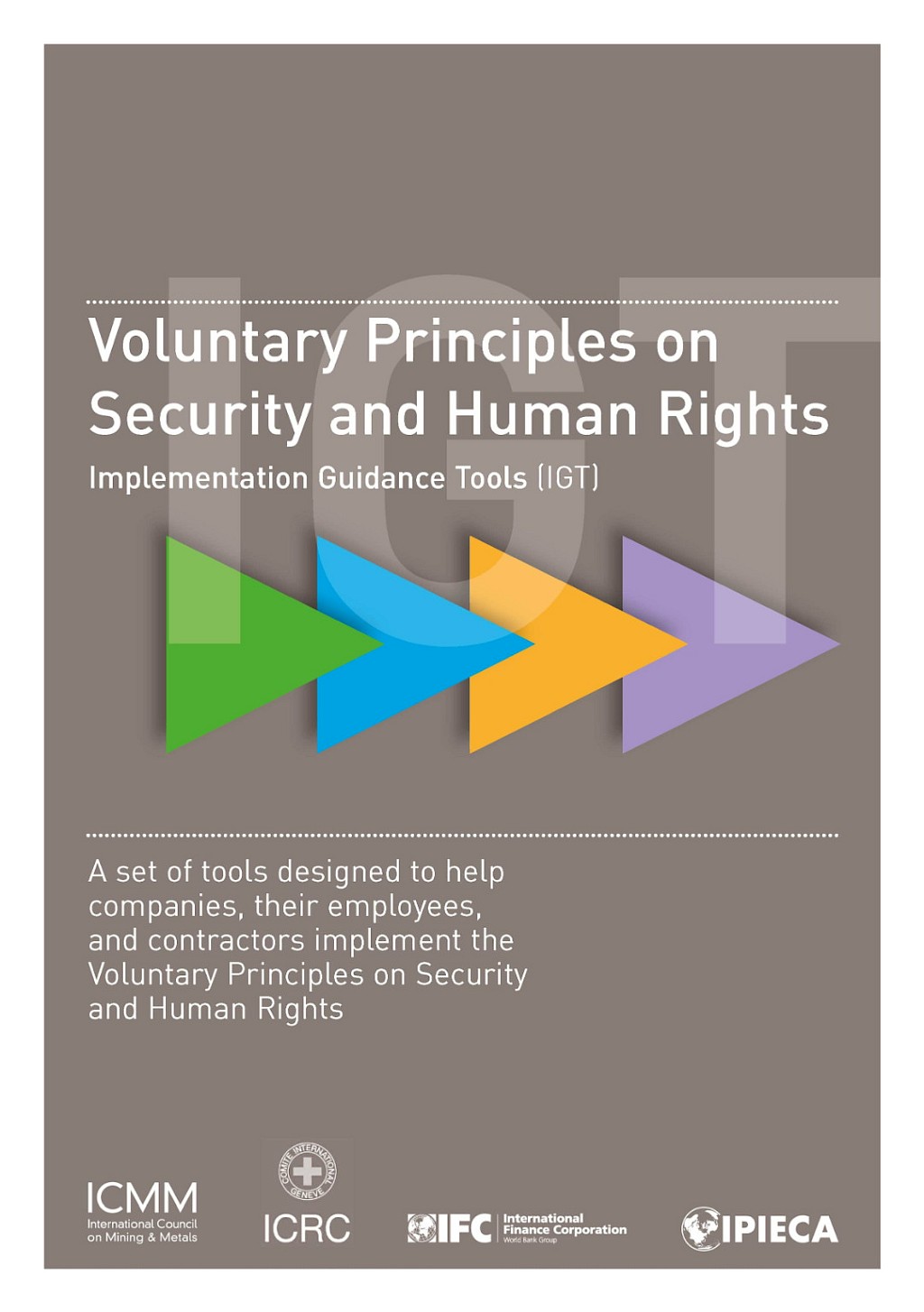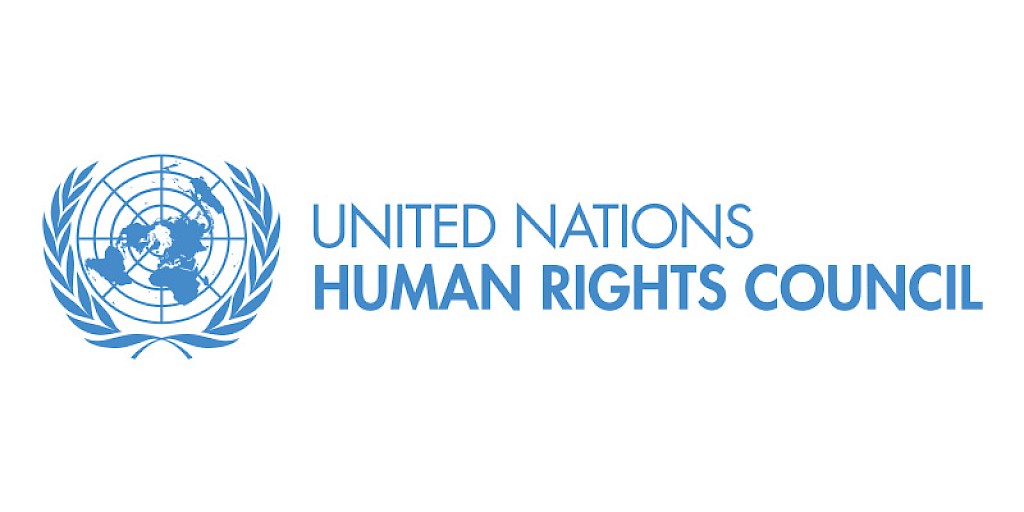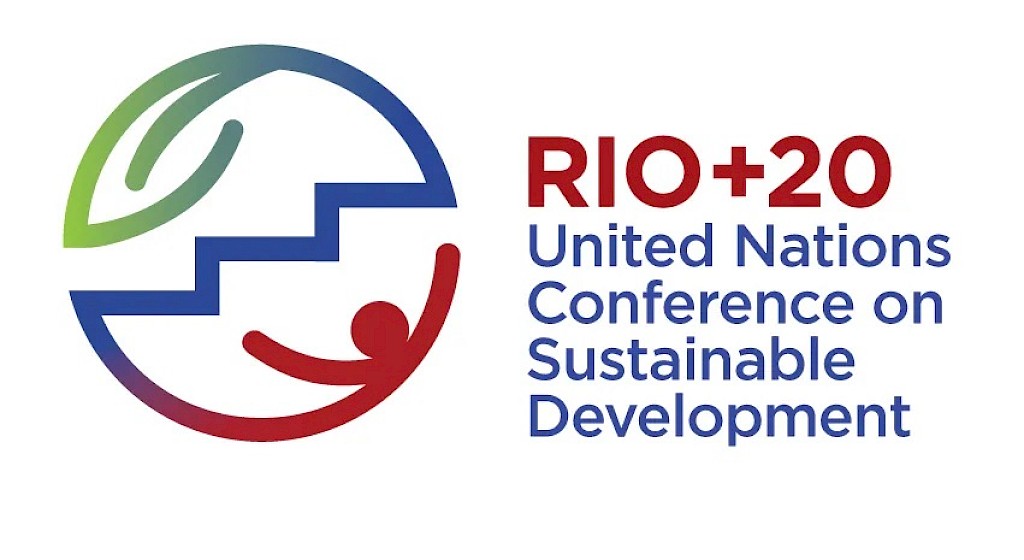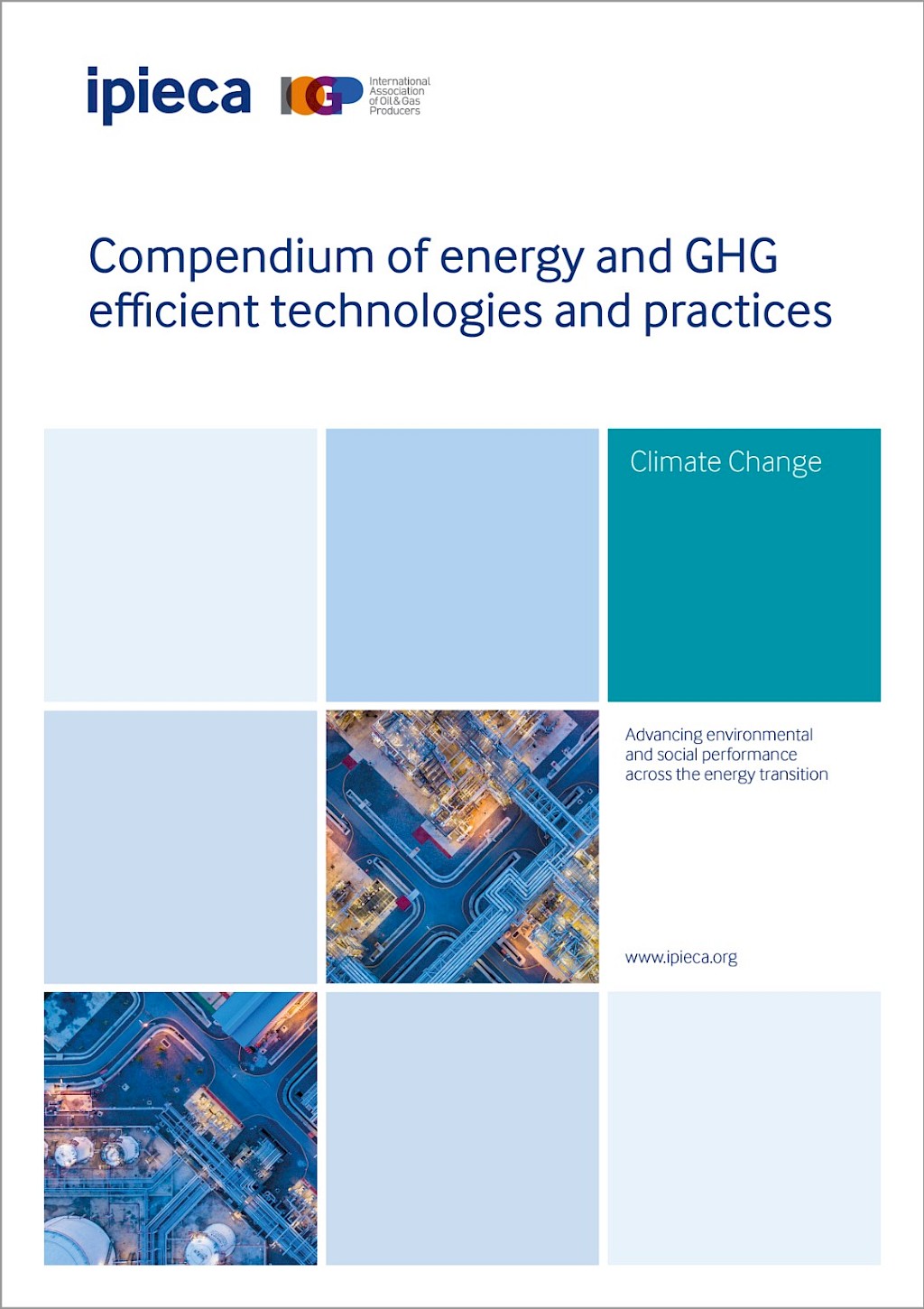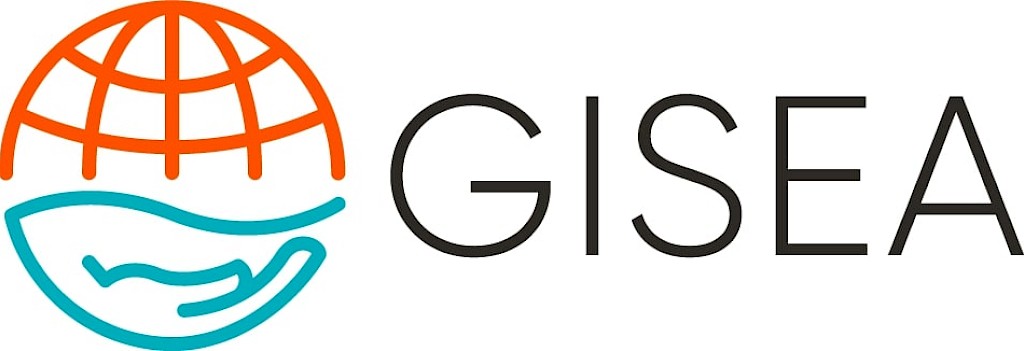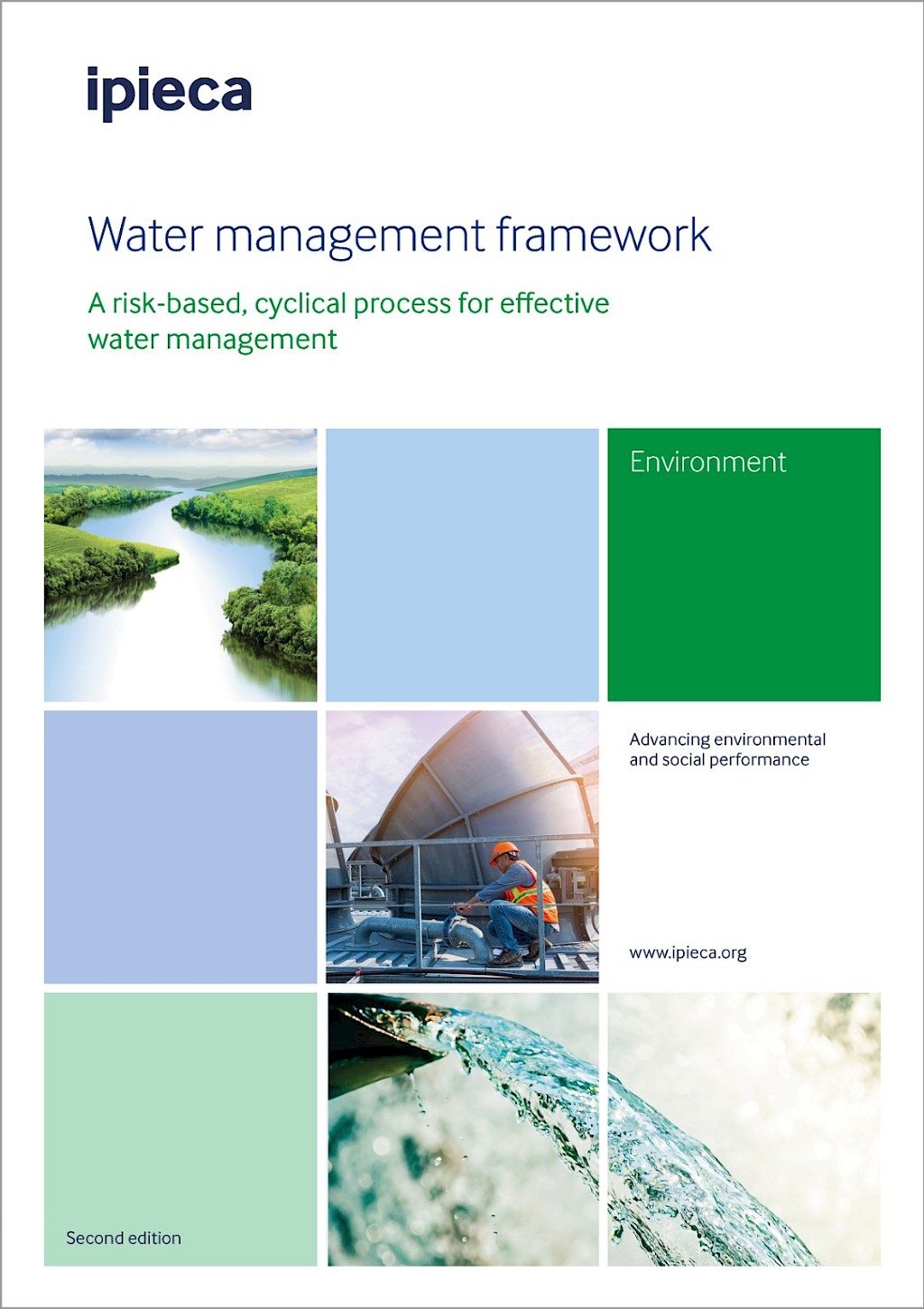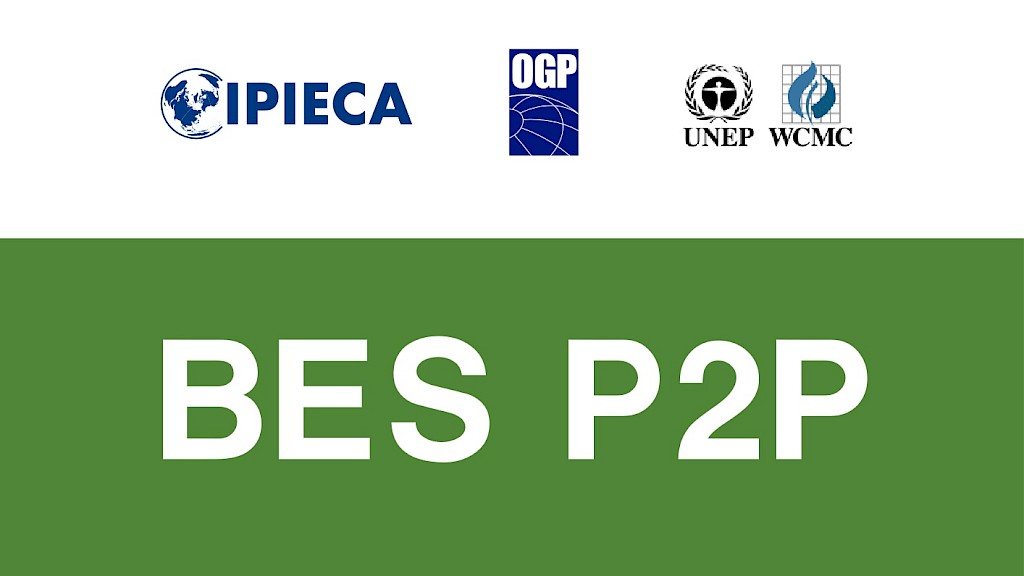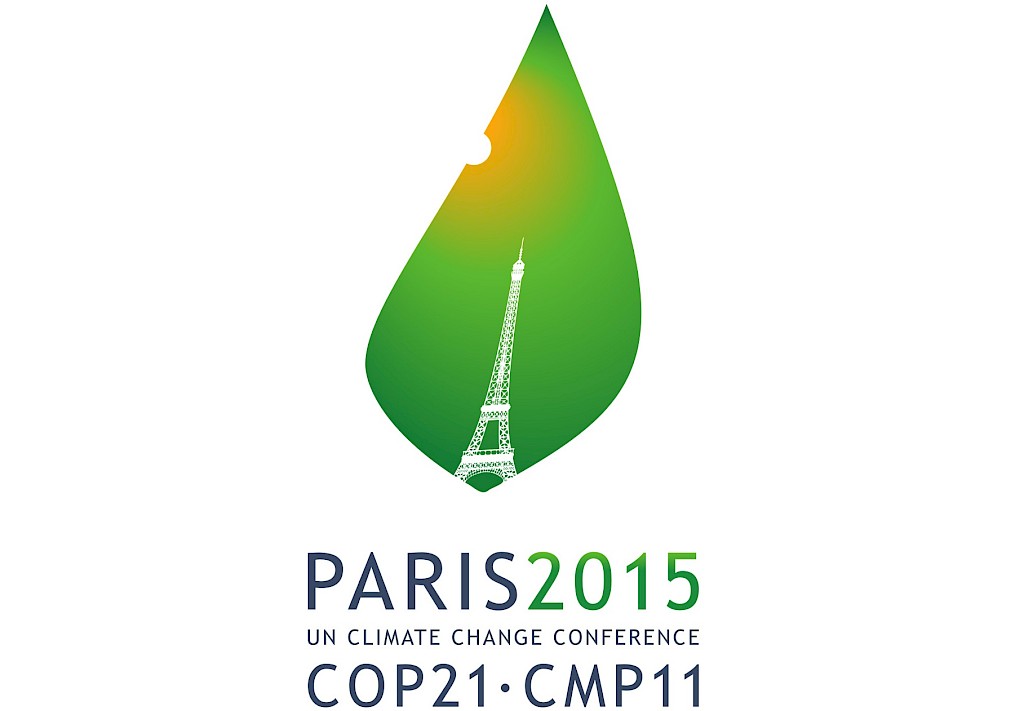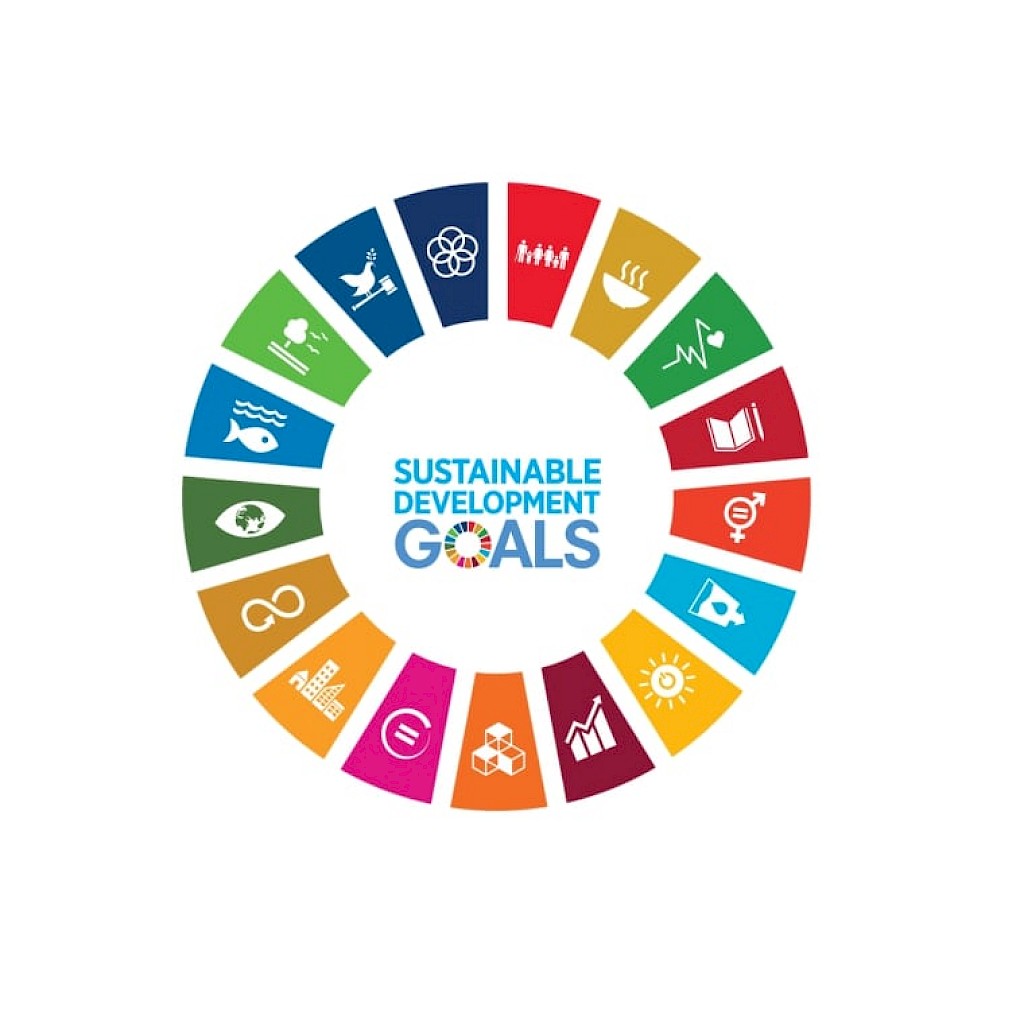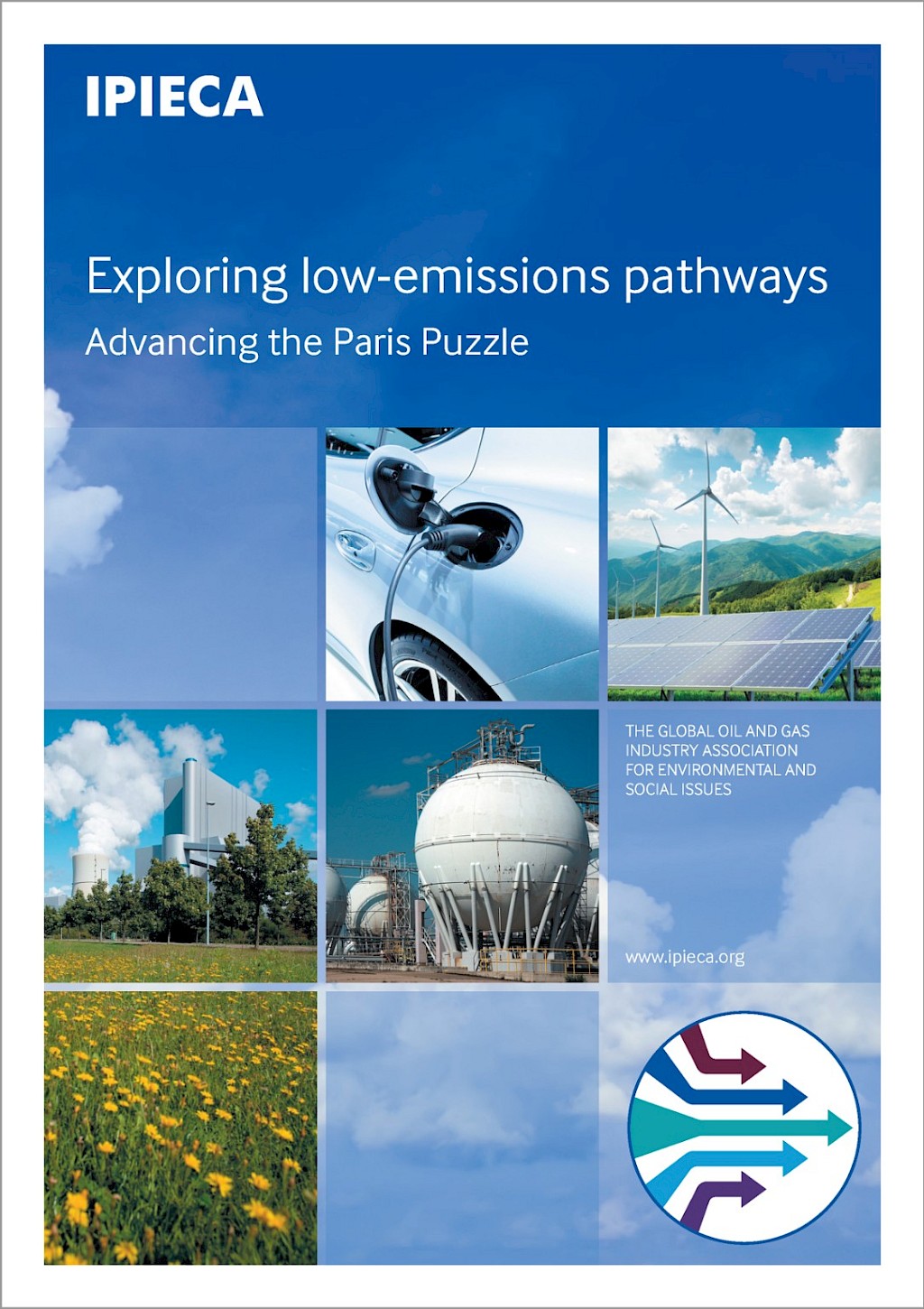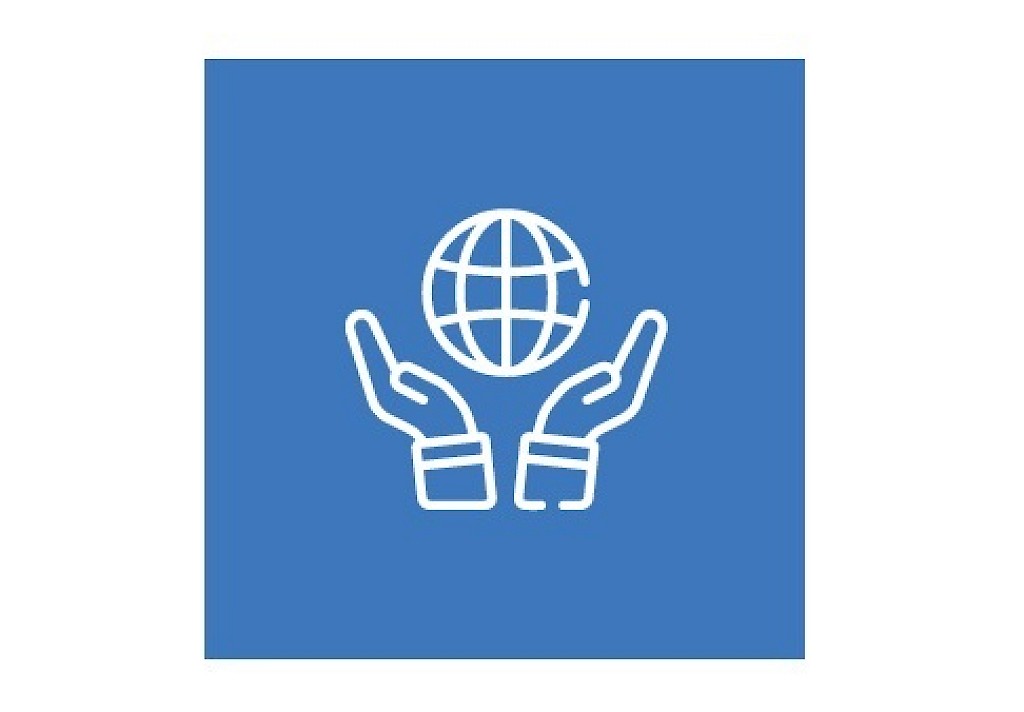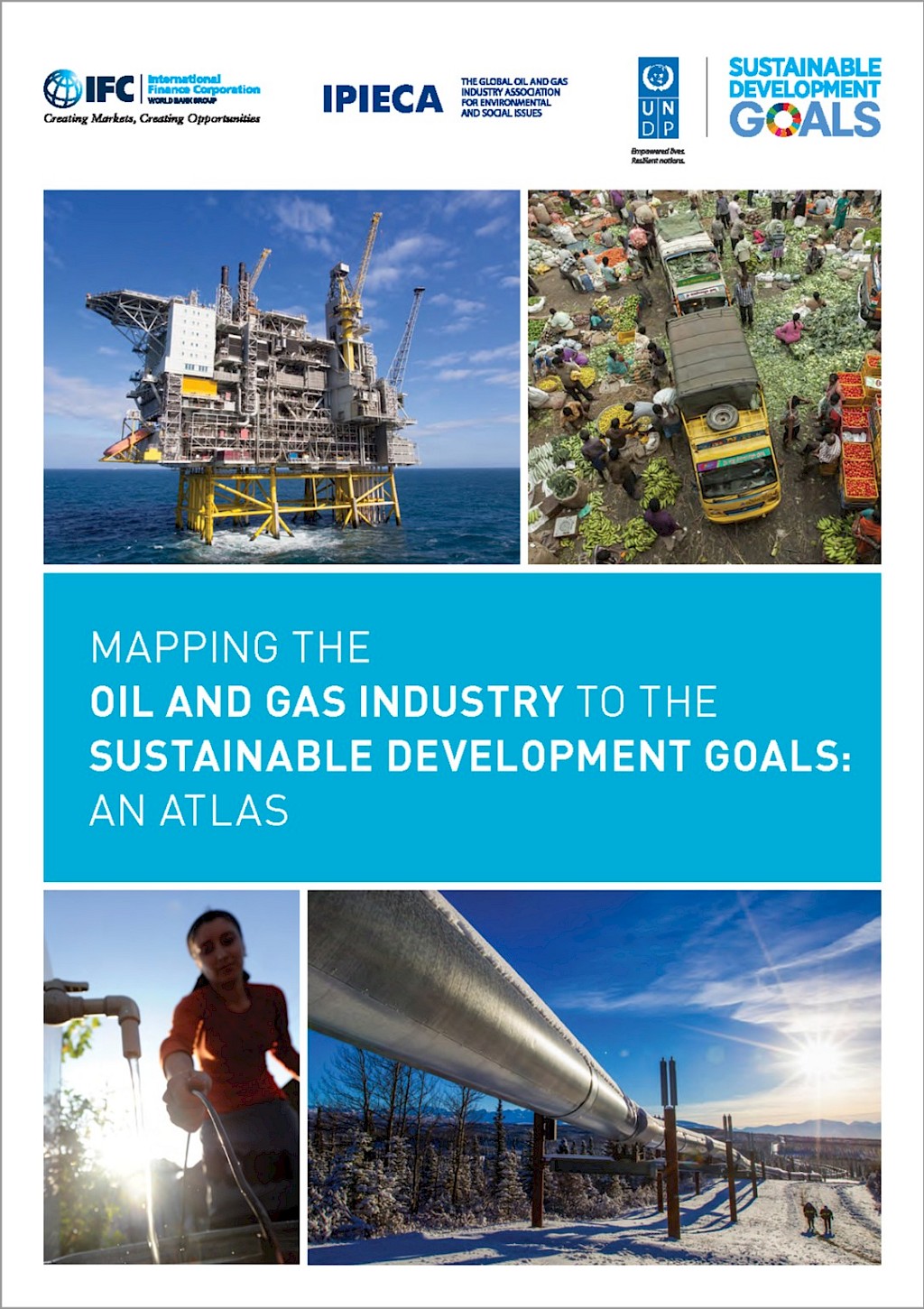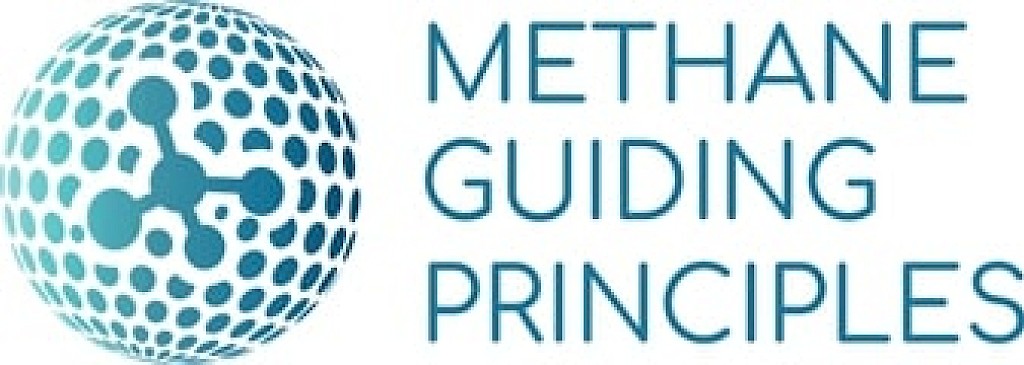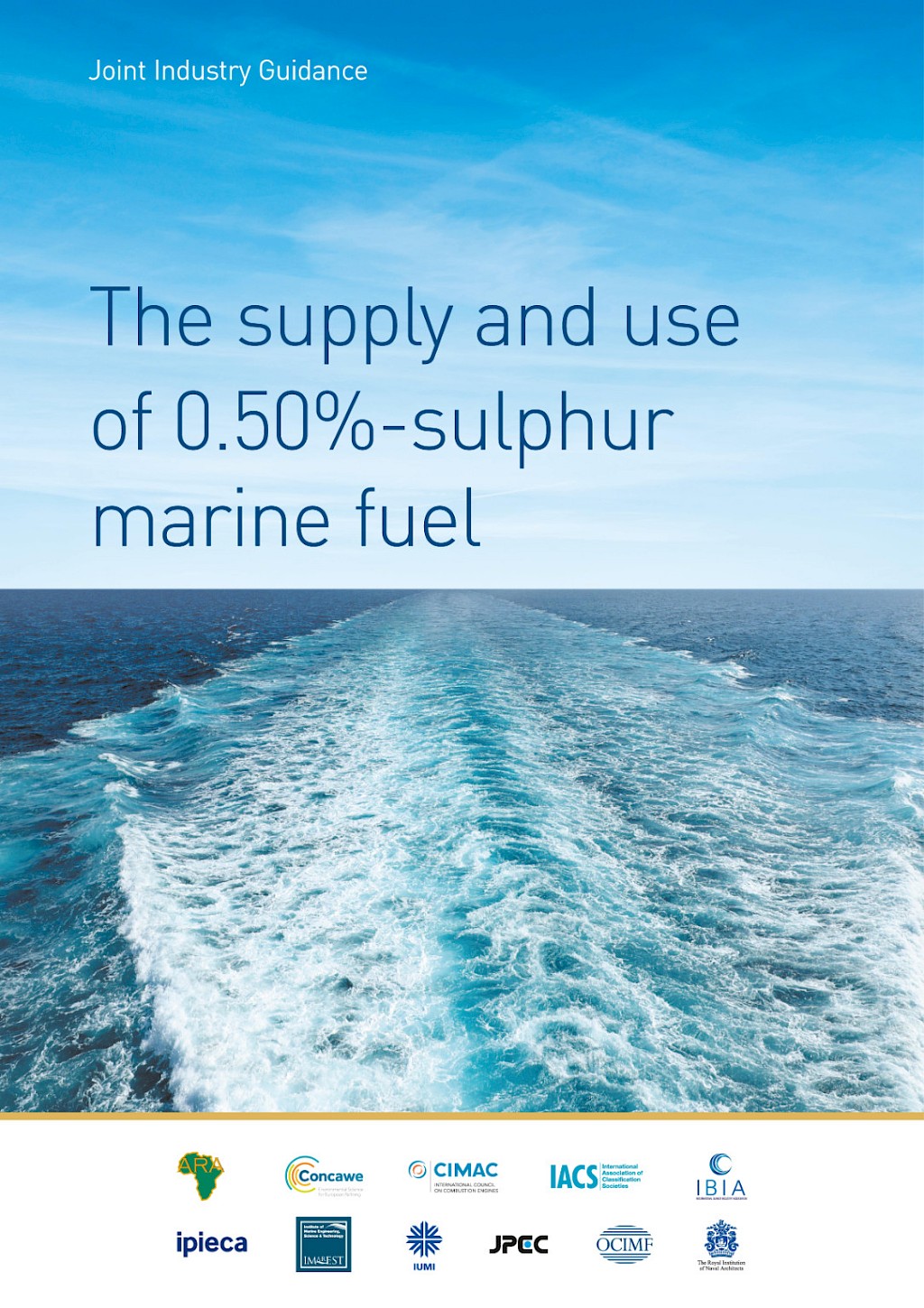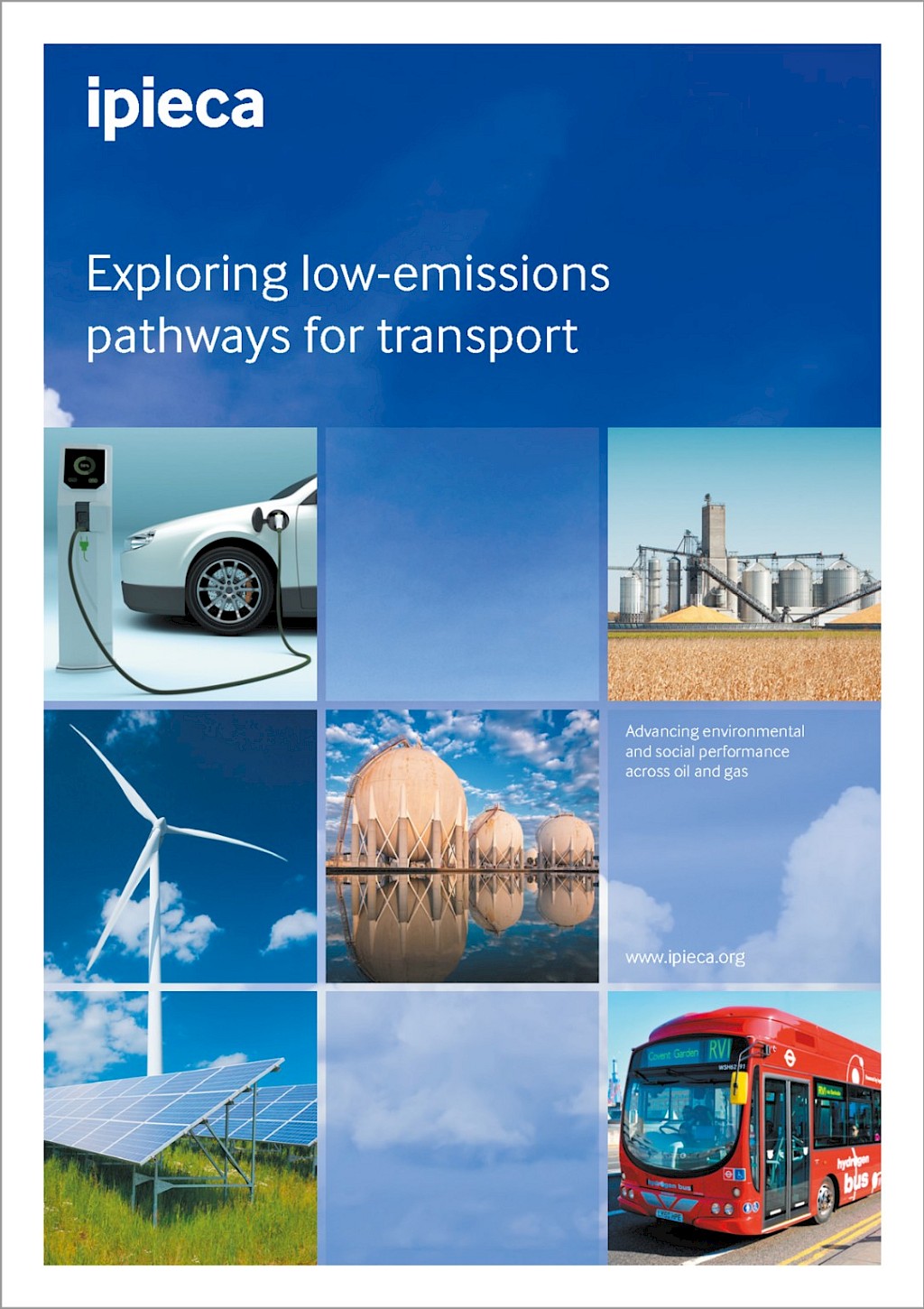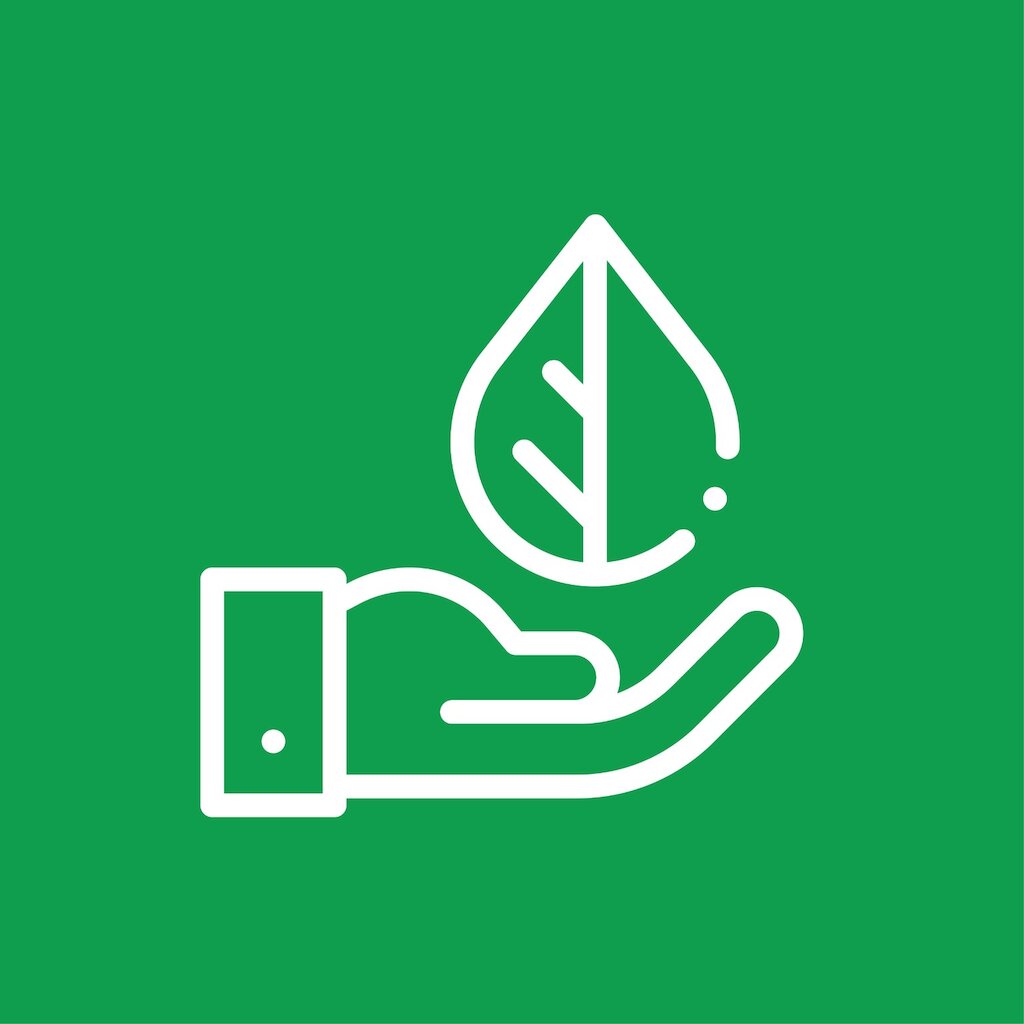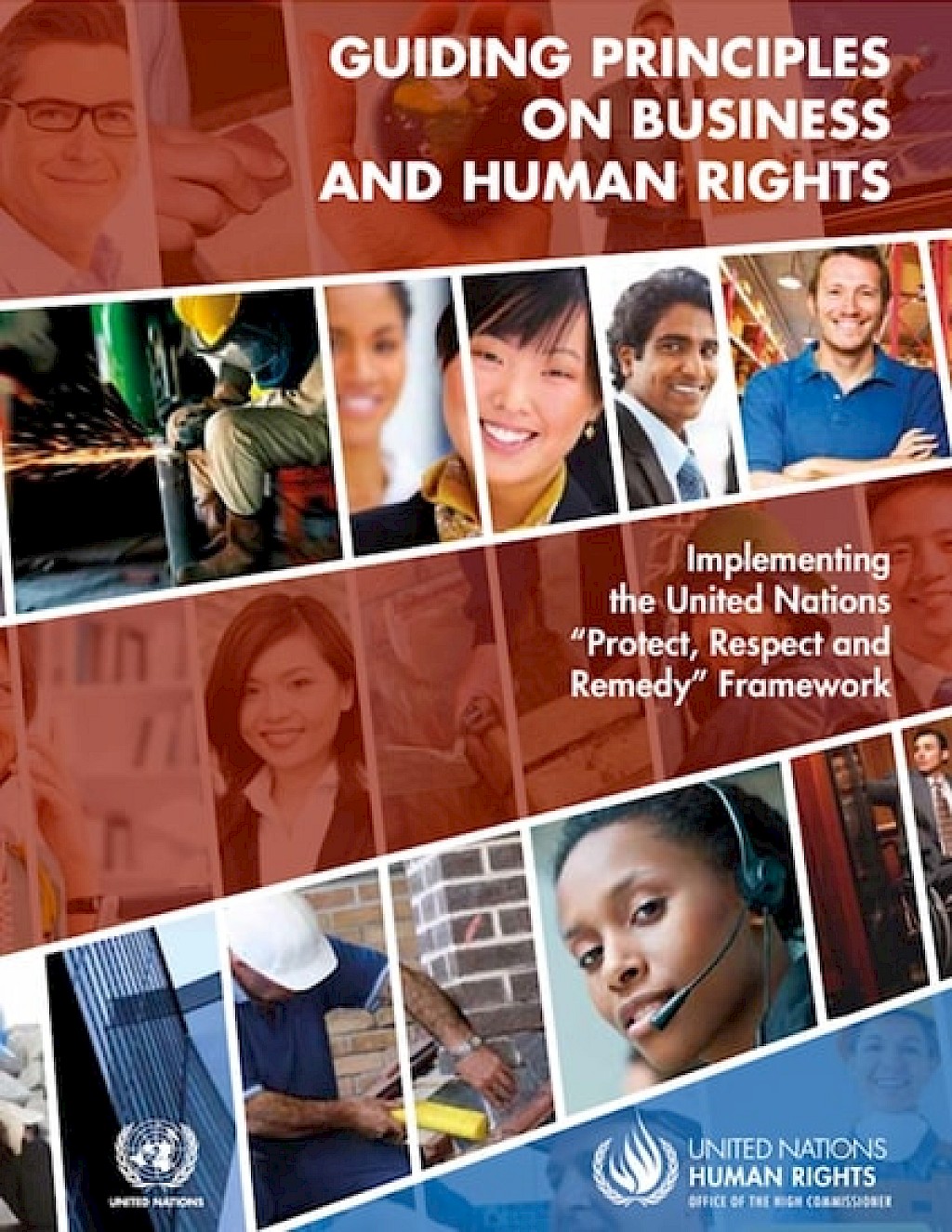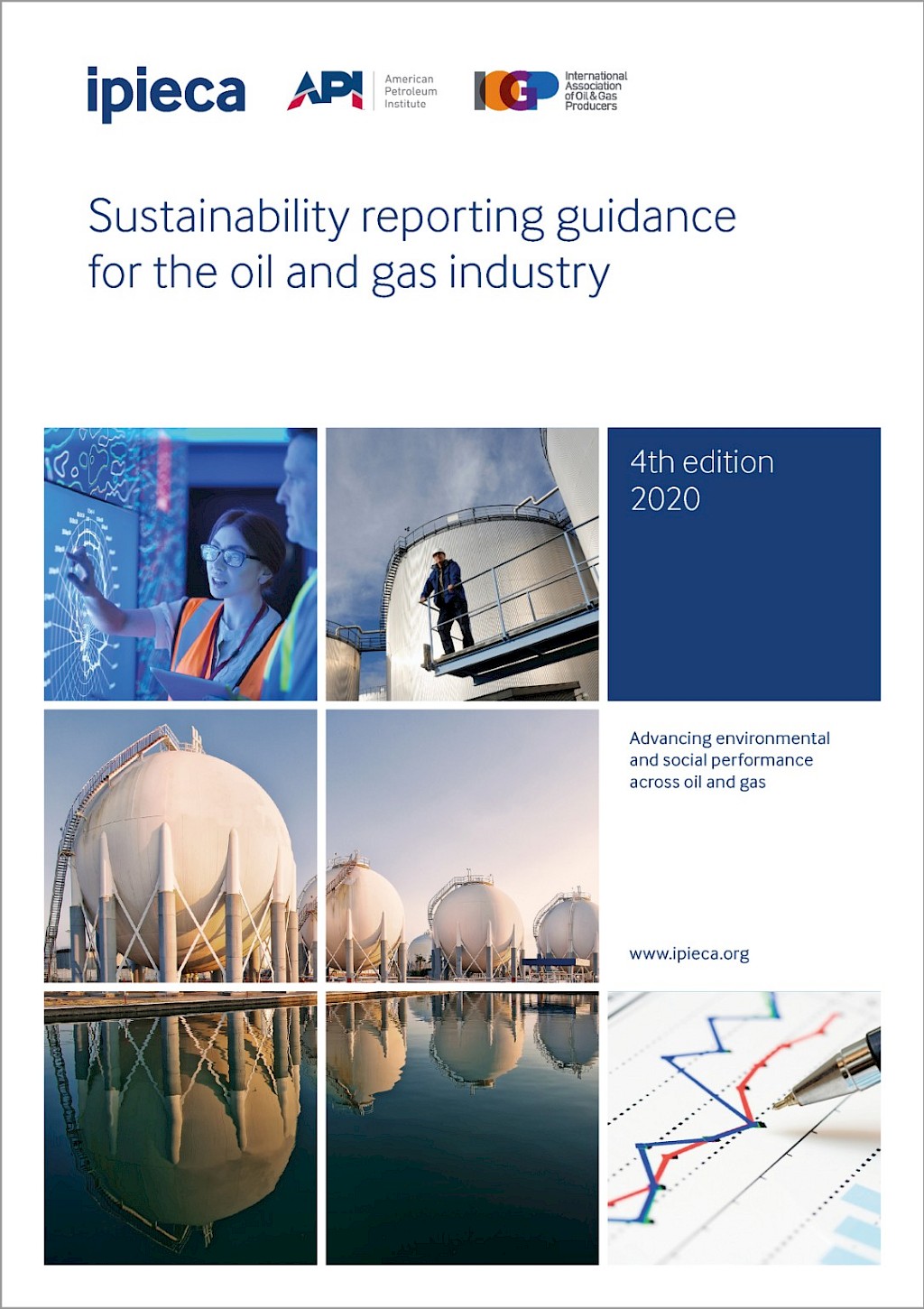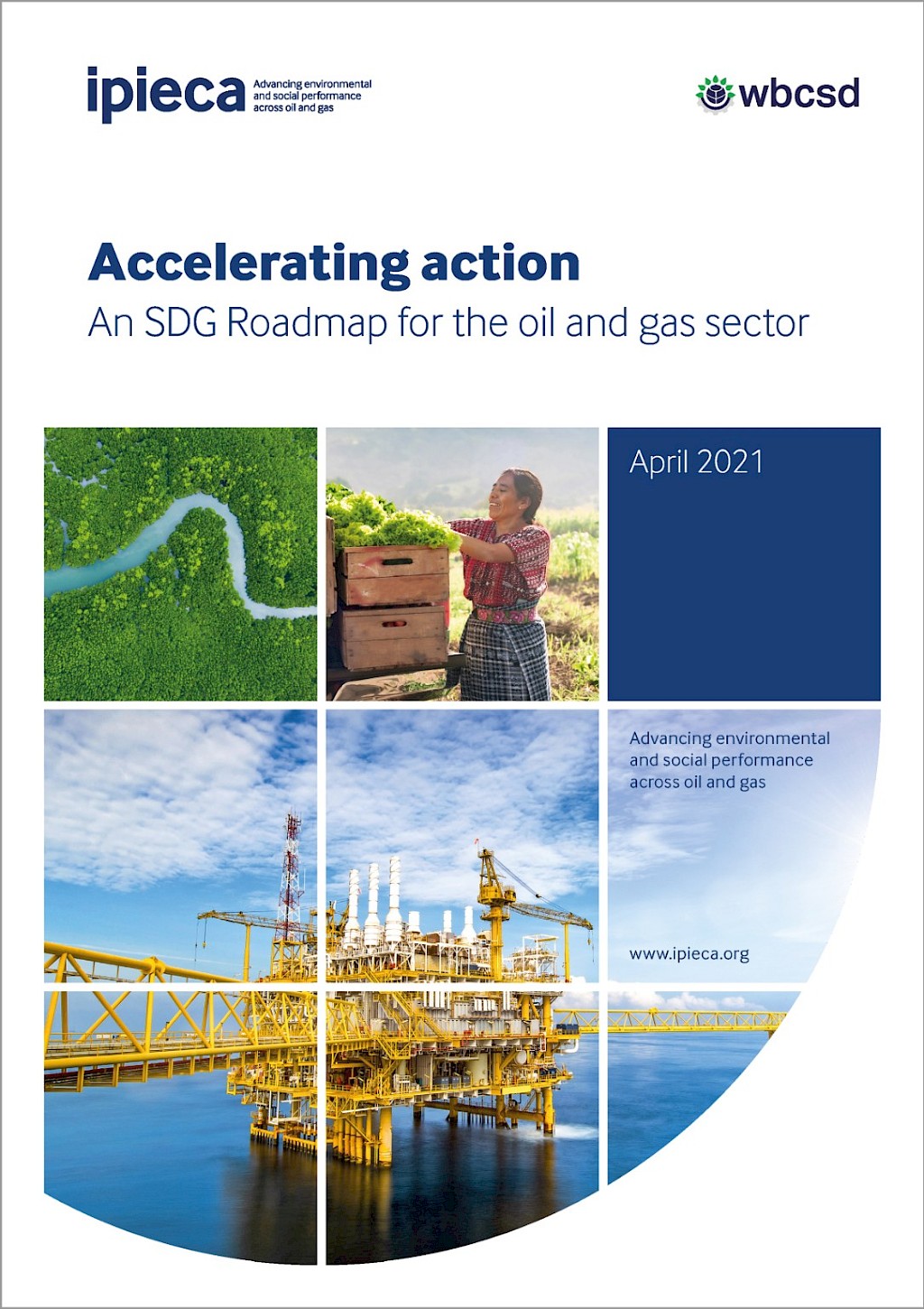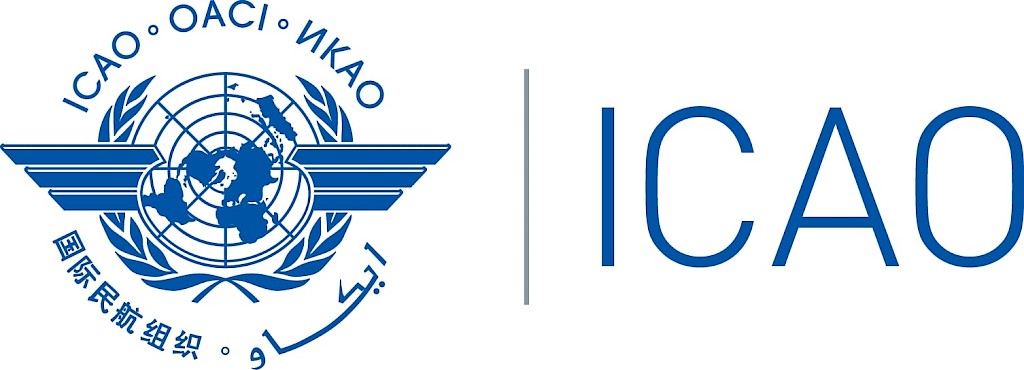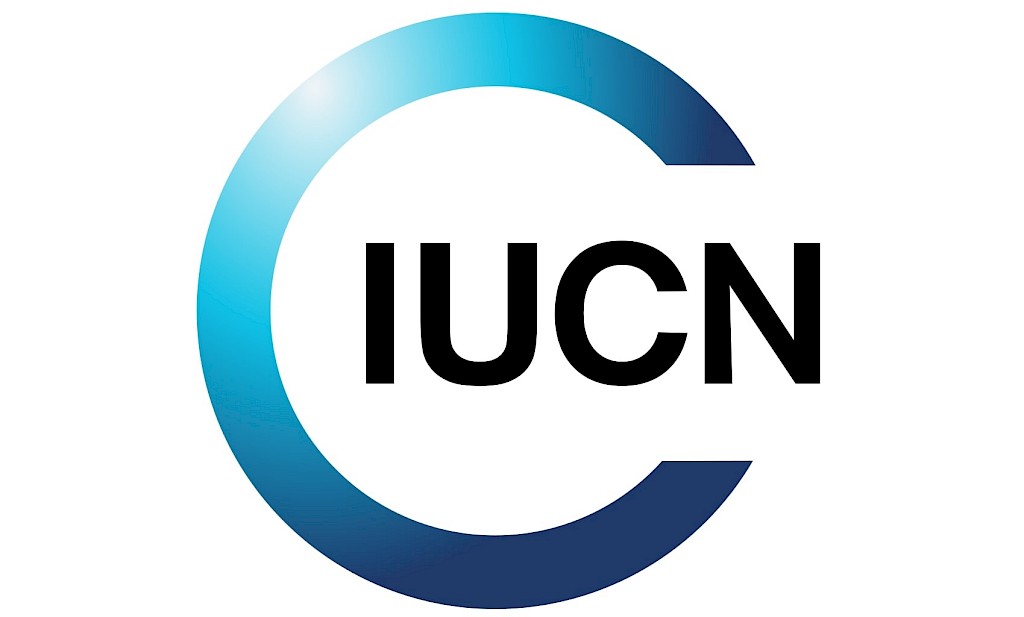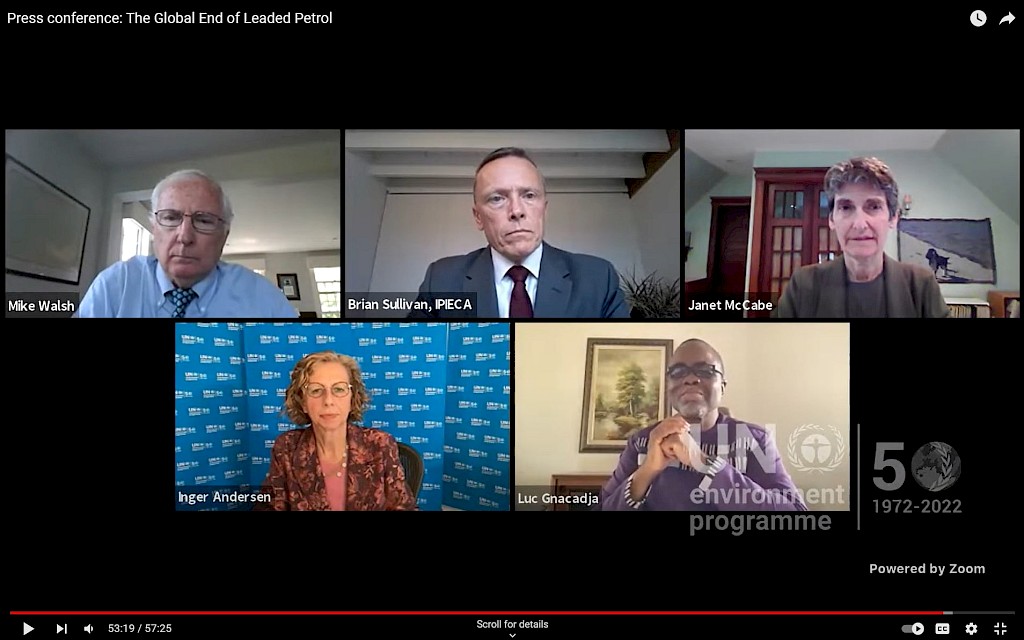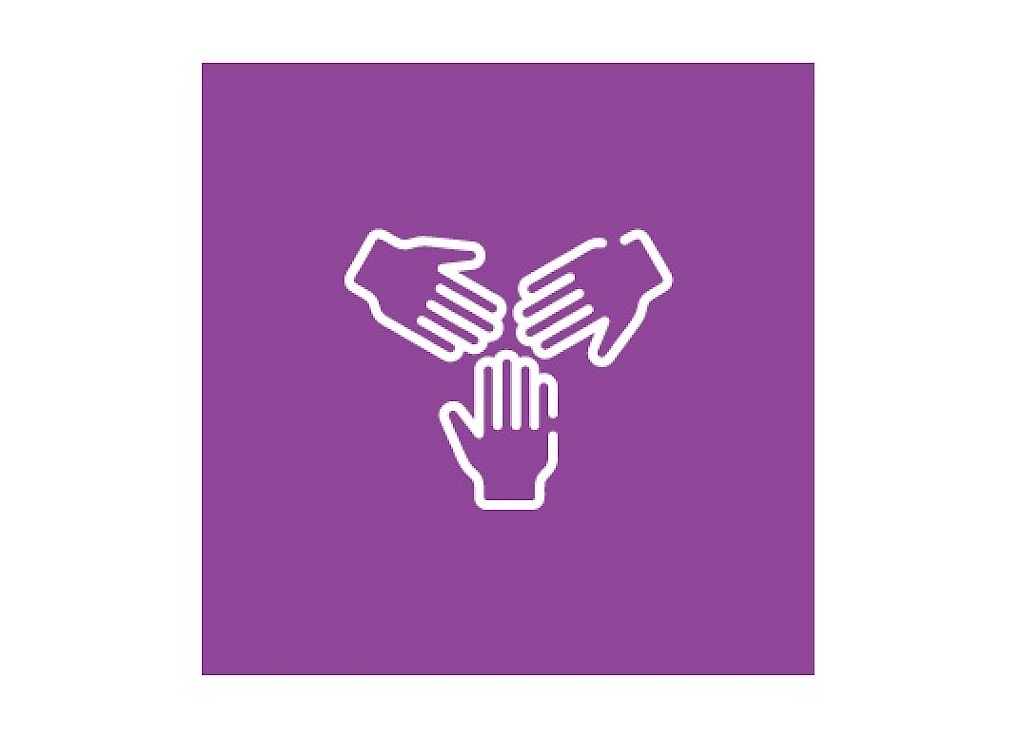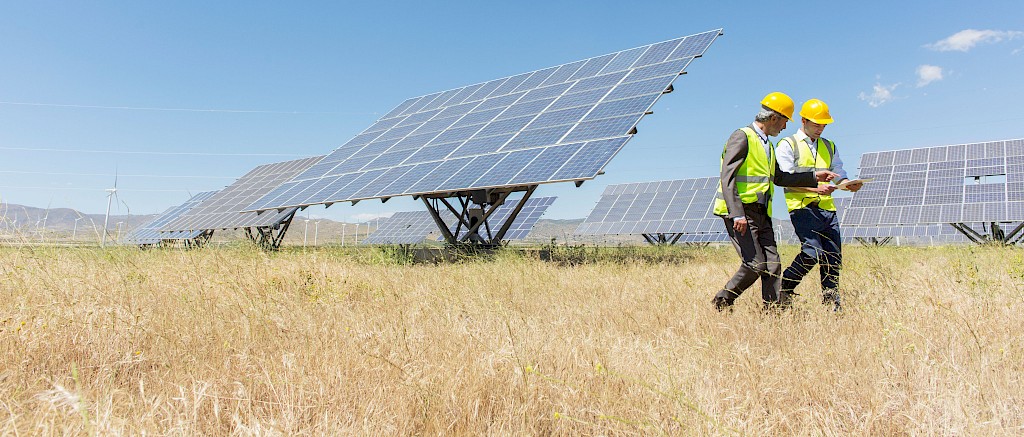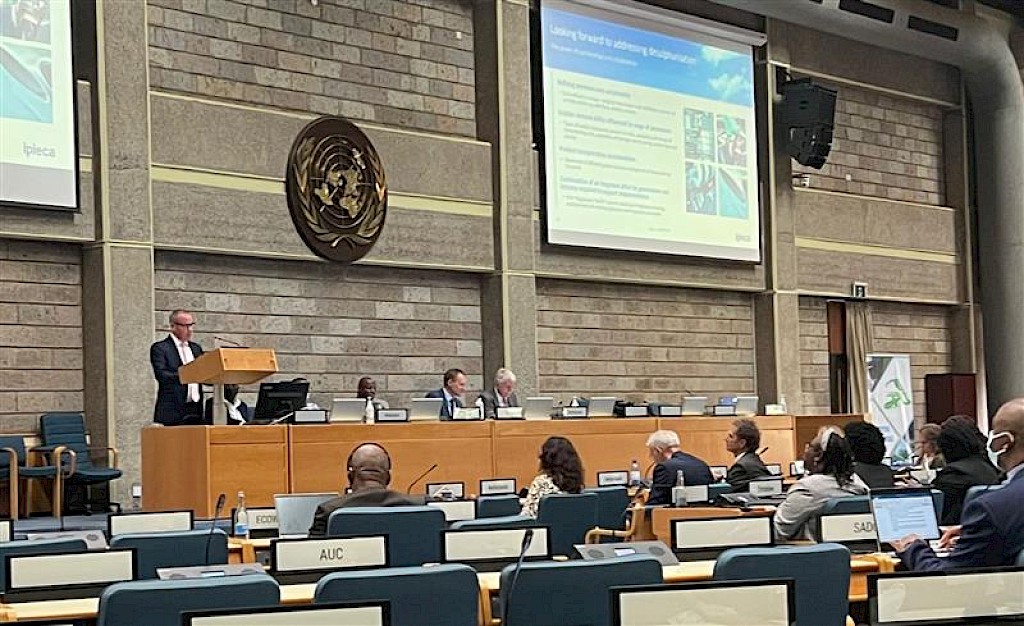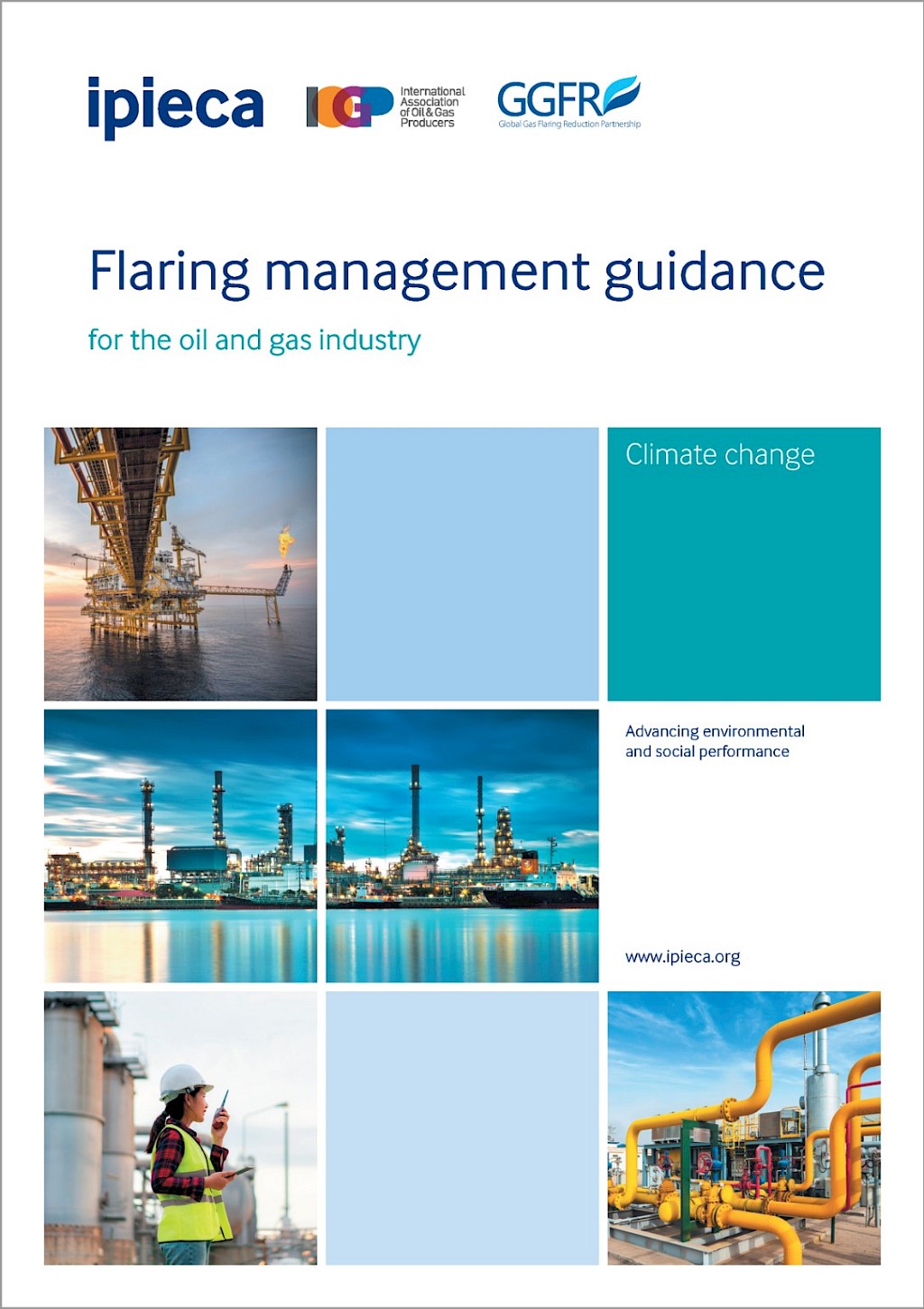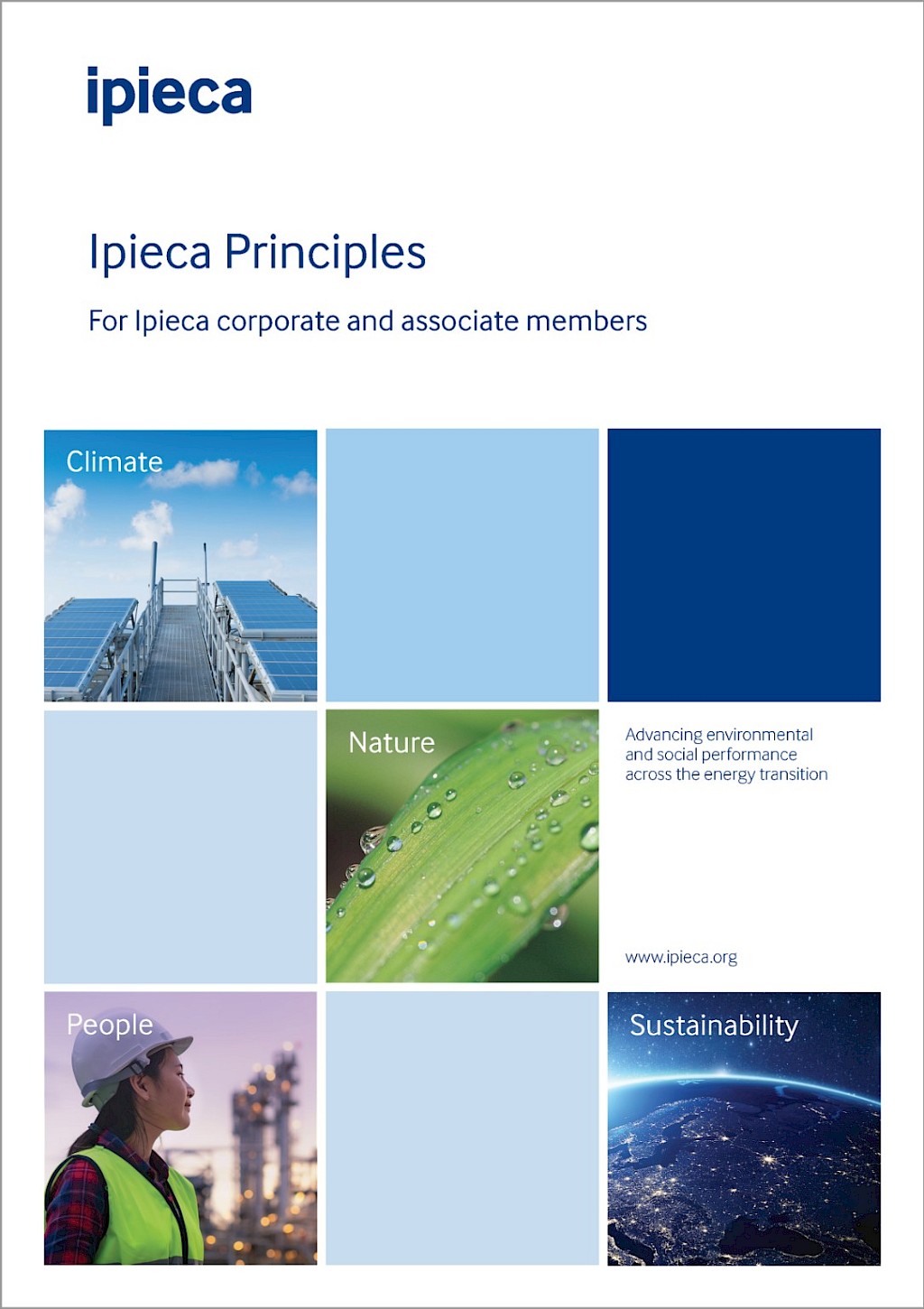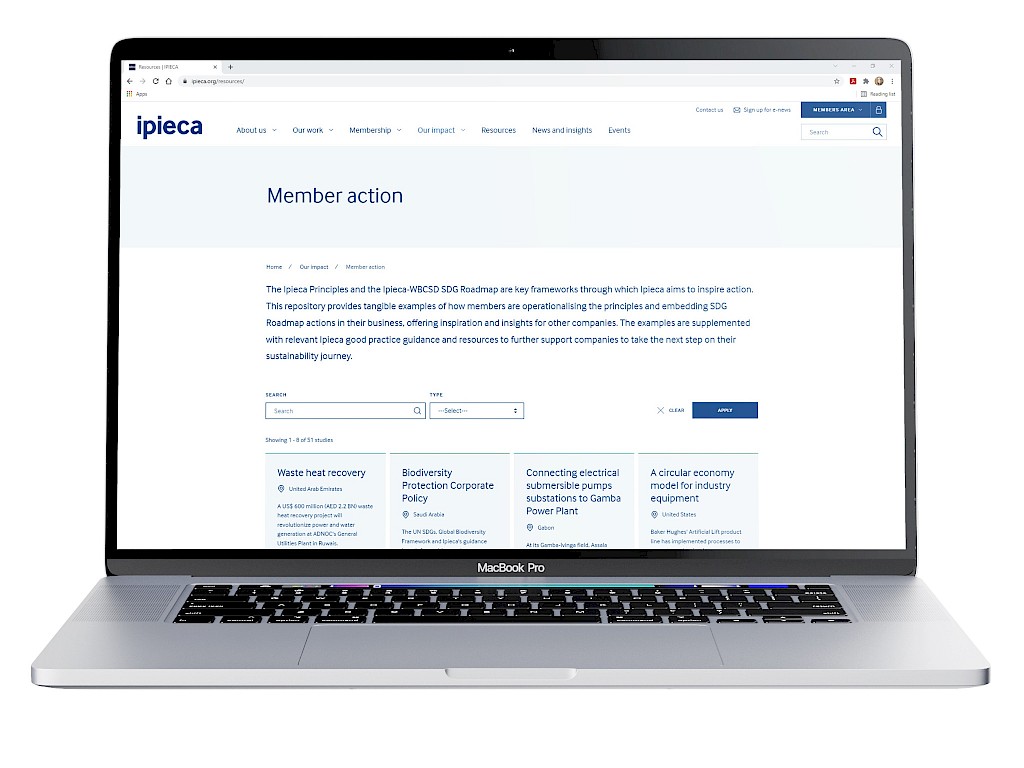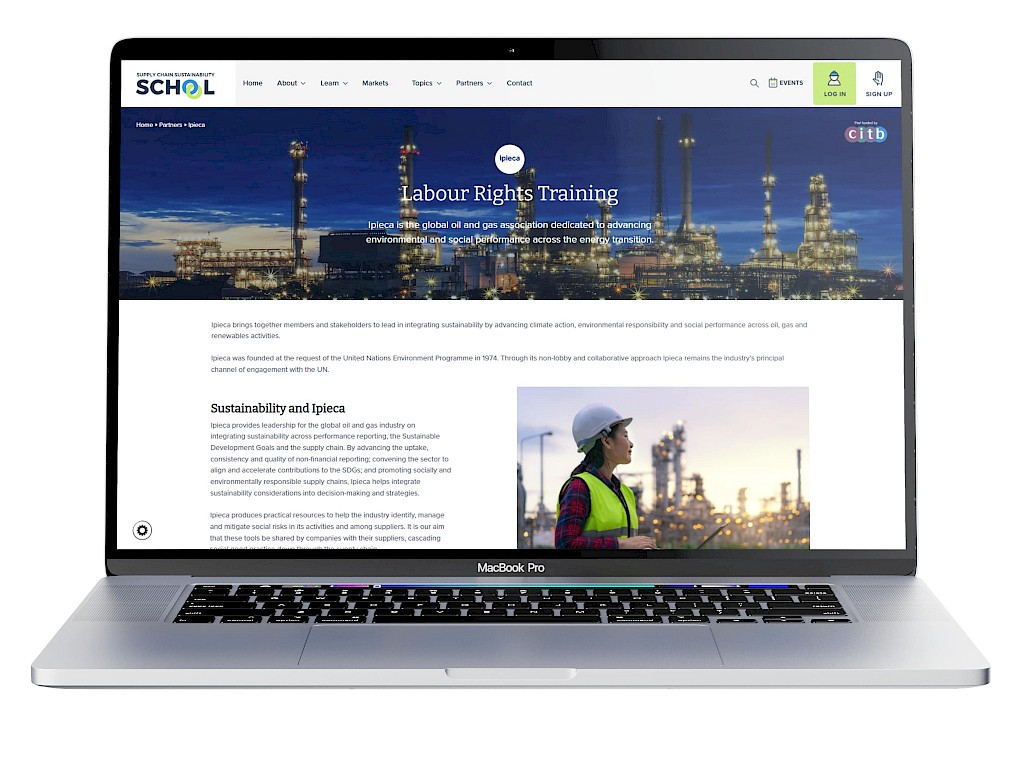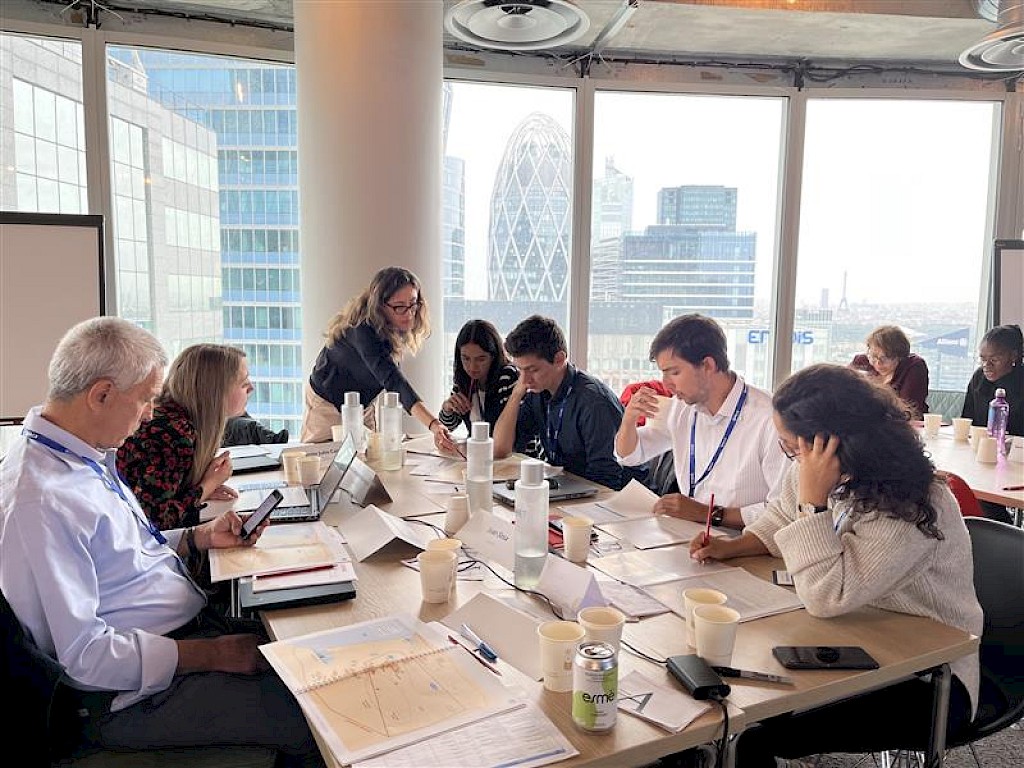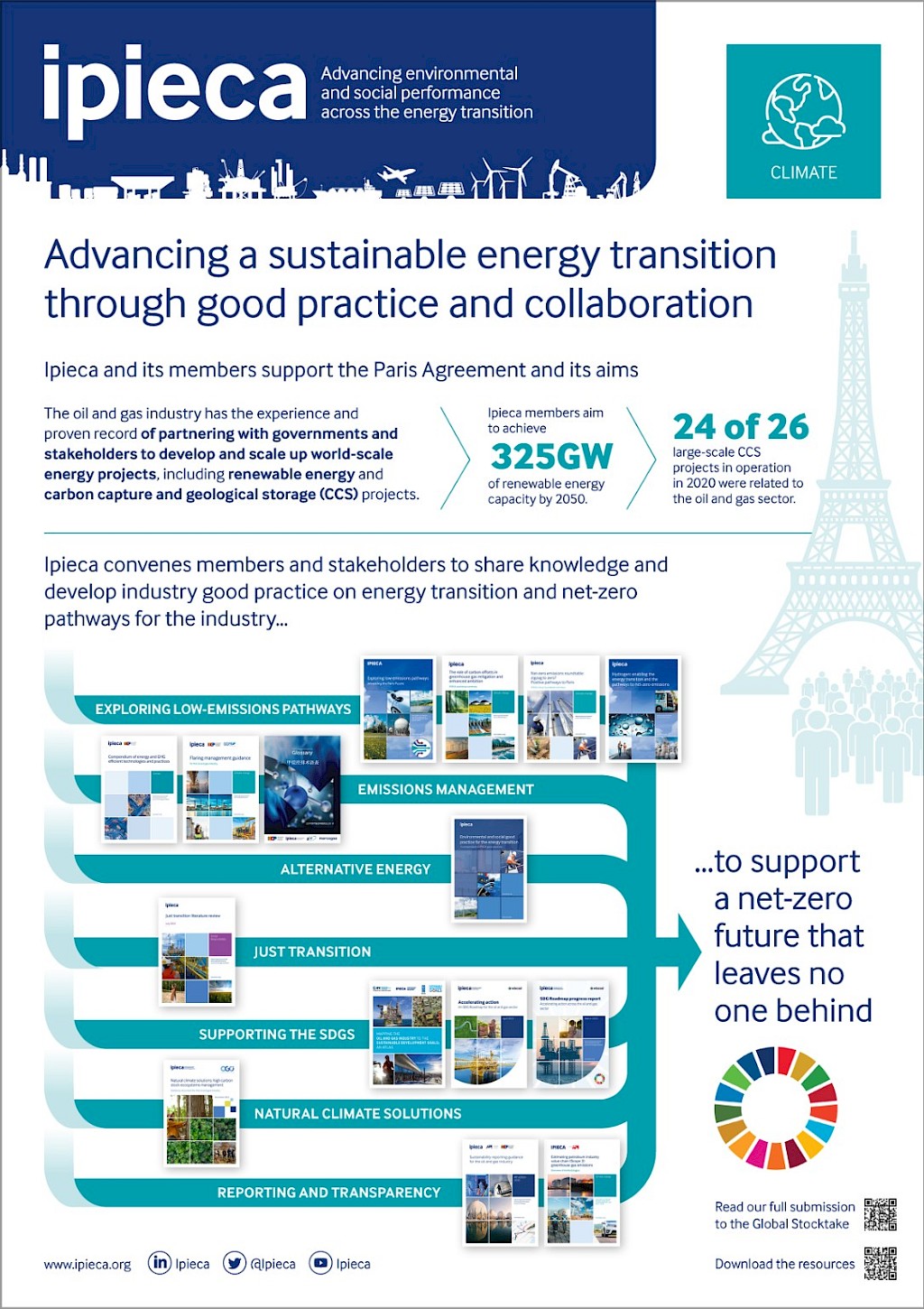For more than 50 years, Ipieca has produced over 300 good practice guidance across the areas of climate, nature, people and sustainability for use by its members and the wider oil, gas and renewables industry.
Working with its members and stakeholders from the United Nations, NGOs, civil society and academia, Ipieca has made a significant contribution to advancing environmental and social performance across the energy transition.
Foundation of Ipieca at the request of the UN Environment Programme (UNEP), as the only global association on environmental issues involving both upstream and downstream industry.
Ipieca holds seminar for its members and organizations e.g. UNEP, the Organisation for Economic Cooperation and Development (OECD), the International Maritime Organization (IMO), the World Health Organization (WHO), the Scientific Committee on Problems of the Environment (SCOPE), and the Commission of the European Communities (CEC).
Oil Spill Group formed (now Marine Spill Group).
UNEP and the World Meteorological Organisation establish the Intergovernmental Panel on Climate Change (IPCC) to assess science, impact and response.
Ipieca-IMO cooperation begins following the International Convention on Oil Pollution Preparedness, Response and Co-operation, leading to the Ipieca-IMO Global Initiative (GI) partnership in 1996.
First of seven IMO-Ipieca oil spill seminars takes place in Indonesia.
Ipieca and UNEP publish Climate change and energy efficiency in industry.
Rio de Janeiro hosts the ‘Earth Summit’ launching the Rio Declaration on Environment and Development and Agenda 21. The UN Framework Convention on Climate Change (UNFCCC) and UN Convention on Biological Diversity (UN CBD) are opened for signature.
Ipieca attends the first Conference of the Parties to the CBD in Nassau, Bahamas.
Ipieca participates in the inaugural UNFCCC Conference of the Parties (COP) in Berlin, Germany. Ipieca has been engaged in climate COPs ever since.
Ipieca-IMO Global Initiative launched in Cape Town, South Africa.
The Kyoto Protocol to the UNFCCC is adopted, committing 192 parties to internationally binding emissions reduction targets.
Eight Millenium Development Goals are adopted by UN member states and endorsed by Ipieca.
Ipieca works with the World Bank, UNEP and NGOs on ‘Dakar’ meeting on elimination of leaded gasoline in Sub-Saharan Africa.
World Summit on Sustainable Development (WSSD) held in Johannesburg to carry out a ten-year review of the 1992 Rio Earth Summit.
Ipieca is a founding member of the UNEP Partnership for Clean Fuels and Vehicles, launched at the World Summit on Sustainable Development.
Ipieca publishes WSSD report for UNEP.
First edition of Petroleum industry guidelines for reporting GHG emissions.
In the aftermath of the Macondo incidents, Ipieca-IOGP establish the Oil Spill Response Joint Industry Project, producing 36 guides on improving strategies, preparedness and more effective response.
Launch of the Ipieca Business and Human Rights Project and the Implementation guidance tools for the Voluntary Principles on Security and Human Rights.
UN Human Rights Council endorses the ‘Guiding Principles on Business and Human Rights’. Ipieca was involved in the consultation and development of the UNGPs.
Ipieca attends UN Conference on Sustainable Development held in Rio de Janeiro.
Formed the Cross-Sector Biodiversity Initiative with the International Council on Mining and Metals (ICMM) and the Equator Principles Association.
The Paris Agreement, a legally binding international agreement to reduce greenhouse gas emissions is adopted under the UNFCCC. In response, Ipieca launched The Paris Puzzle: the pathway to a low-emissions future.
The 17 Sustainable Development Goals (SDGs) of the 2030 Agenda for Sustainable Development are adopted by world leaders at the UN Sustainable Development Summit.
Launch of Ipieca awareness briefing Exploring low-emissions pathways: advancing the Paris Puzzle.
Launch of the Ipieca-UNDP-IFC Mapping the oil and gas industry to the Sustainable Development Goals: an Atlas.
Ipieca supports global roll out of IMO regulation on the supply and use of 0.5%-sulphur.
Ipieca contributes to UN Guiding Principles (UNGPs) stocktake project ‘Business and human rights: towards a decade of implementation’, in advance of their 10-year anniversary.
4th edition of Ipieca-API-IOGP Sustainability reporting guidance published.
Ipieca and the World Business Council for Sustainable Development (WBCSD) publish Accelerating action: an SDG Roadmap for the oil and gas sector.
Ipieca obtains official observer status at the International Civil Aviation Organization (ICAO).
Ipieca signs memorandum of understanding with the International Union for the Conservation of Nature (IUCN).
Ipieca expands strategy to consider applicability of good practice beyond oil and gas to also include alternative energy activities.
Launch of the Kunming-Montreal Global Biodiversity Framework at the 15th CBD COP. Ipieca contributed to pre-COP workshops and provided industry technical feedback on the draft framework.
Ipieca begins coordinating downstream industry contribution to the UNEP PCFV's Euro 4 objectives.
Ipieca publishes Flaring management guidance in partnership with the World Bank’s Global Gas Flaring Reduction Partnership (GGFR) and IOGP.
Ipieca launches 'Member action' case studies to show how members are supporting the Ipieca Principles and embedding SDG Roadmap actions in their business.
Ipieca launches online labour rights training on Supply Chain Sustainability School's e-learning platform.
Ipieca contributes to the IMO's revised greenhouse gas emissions reduction strategy for the global shipping industry.
Ipieca contributes to UNFCCC's first ever Global Stocktake of the implementation of the Paris Agreement.
